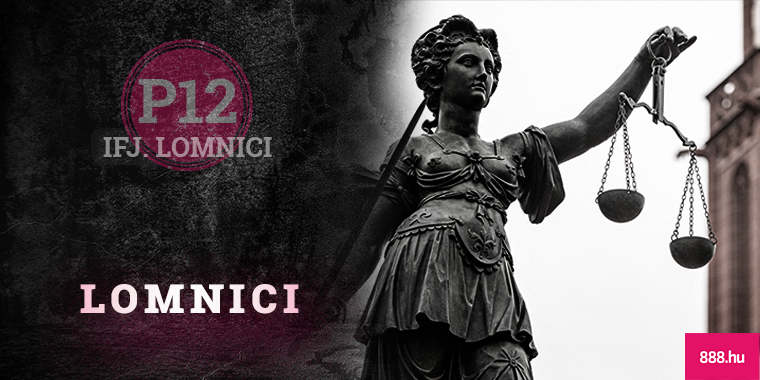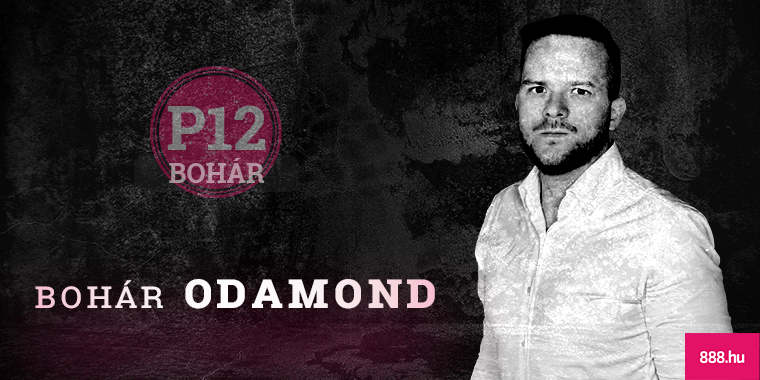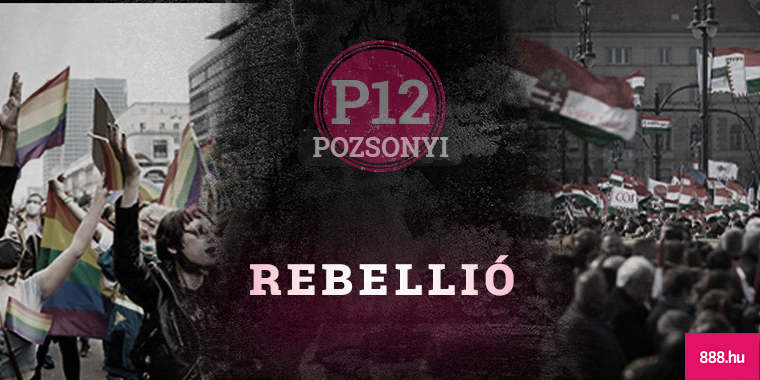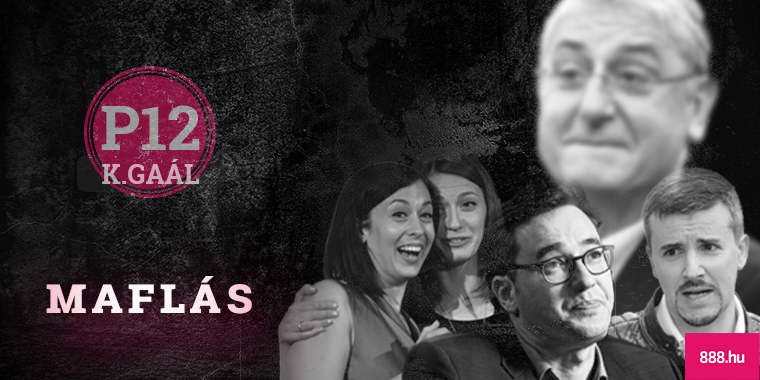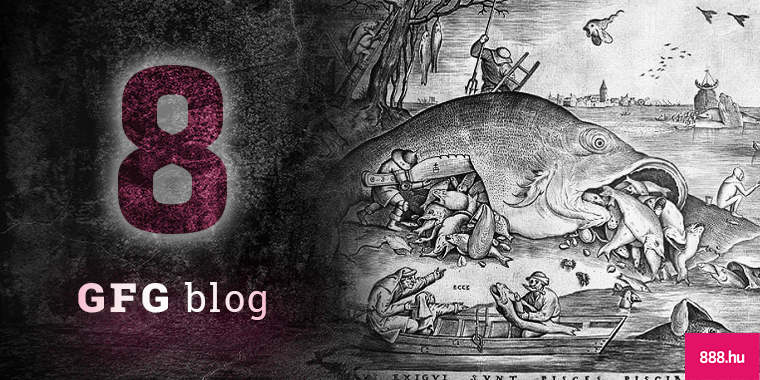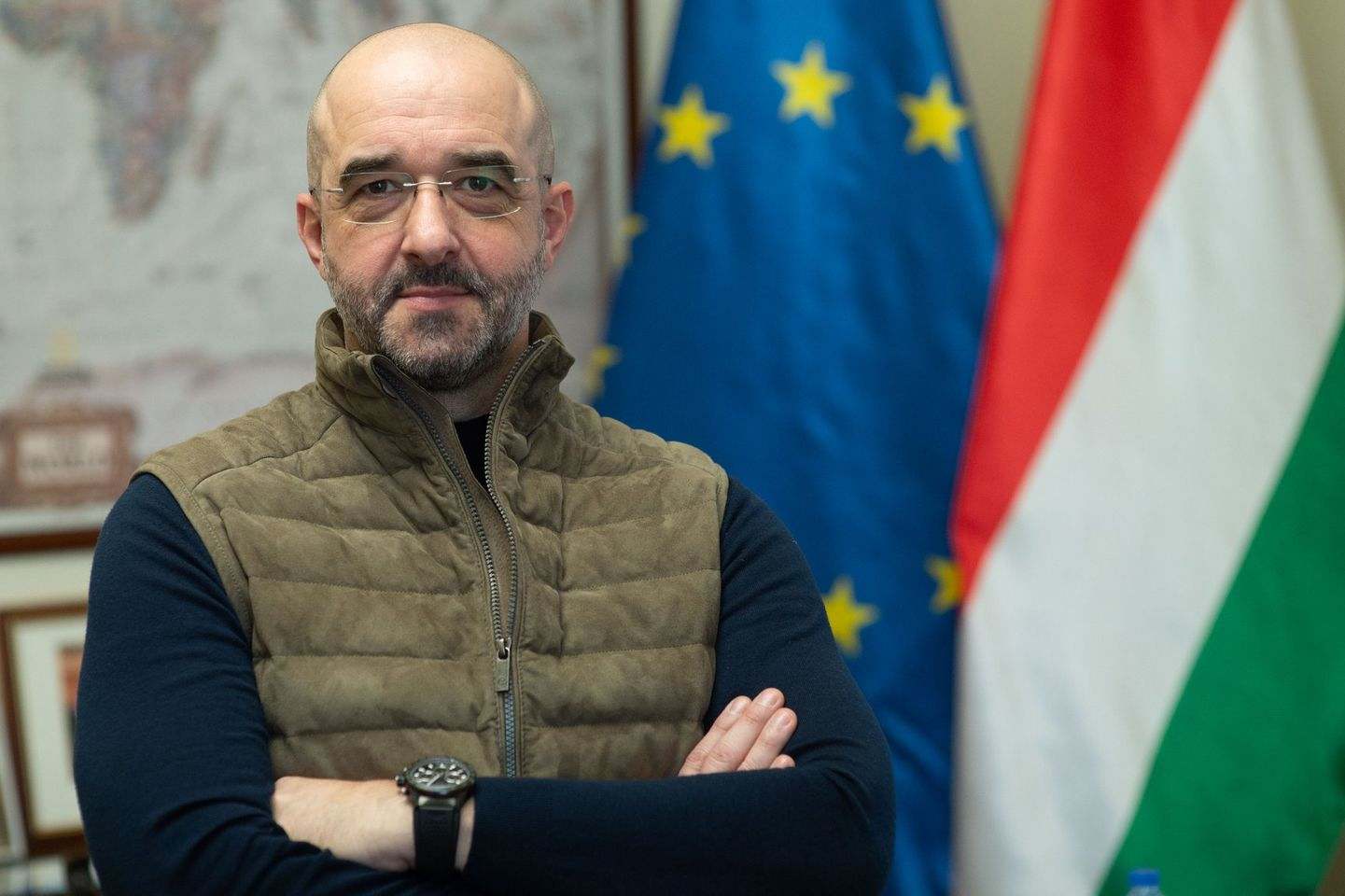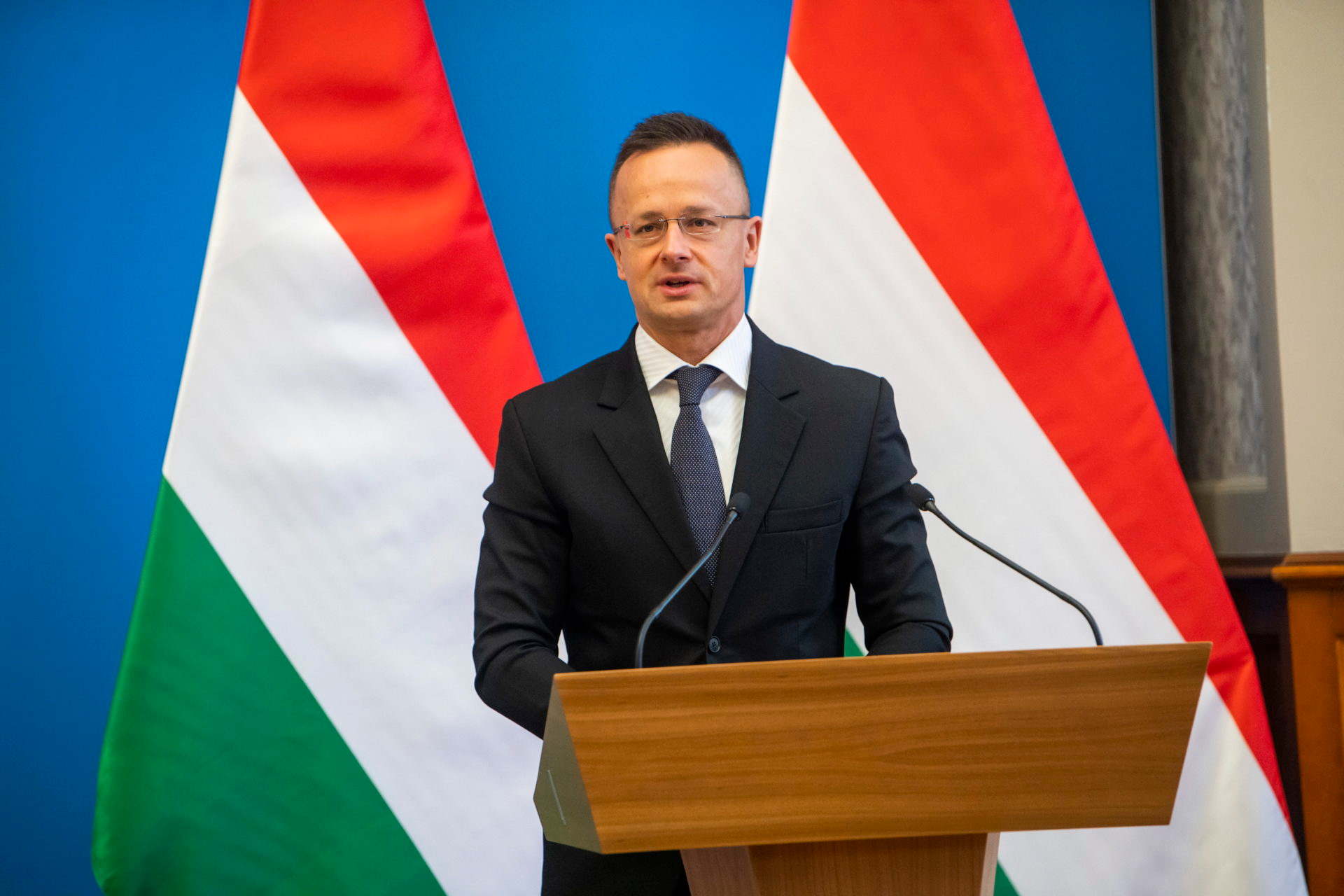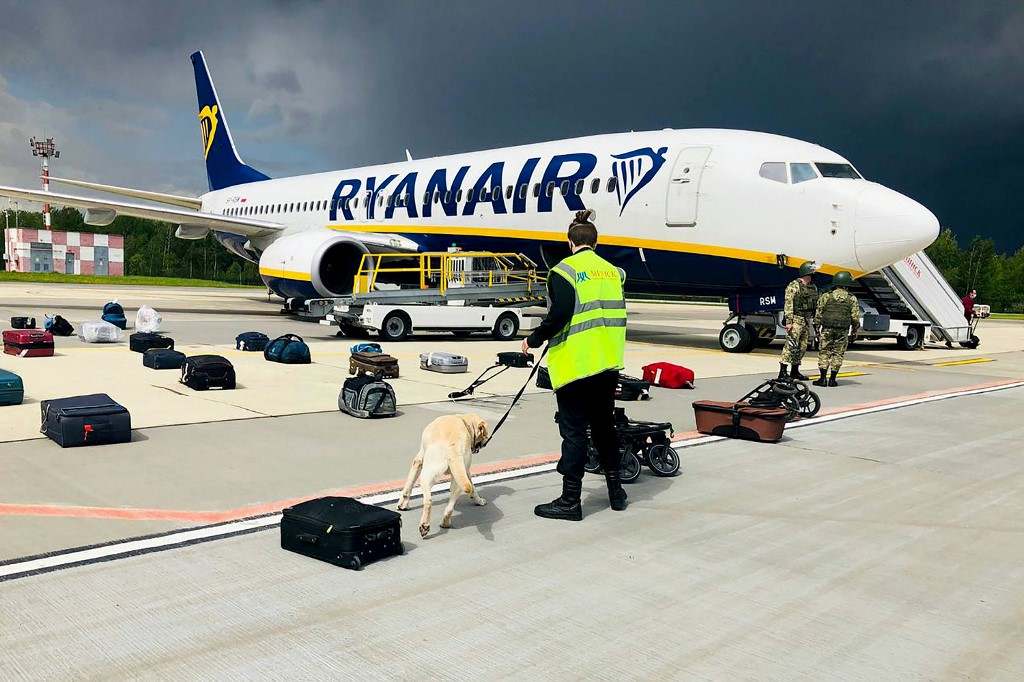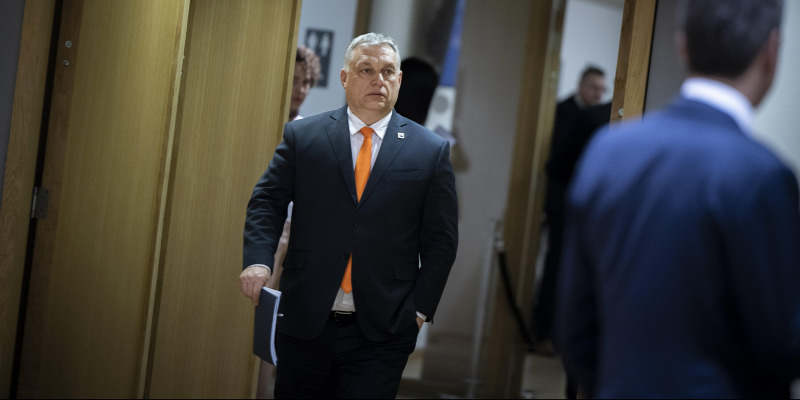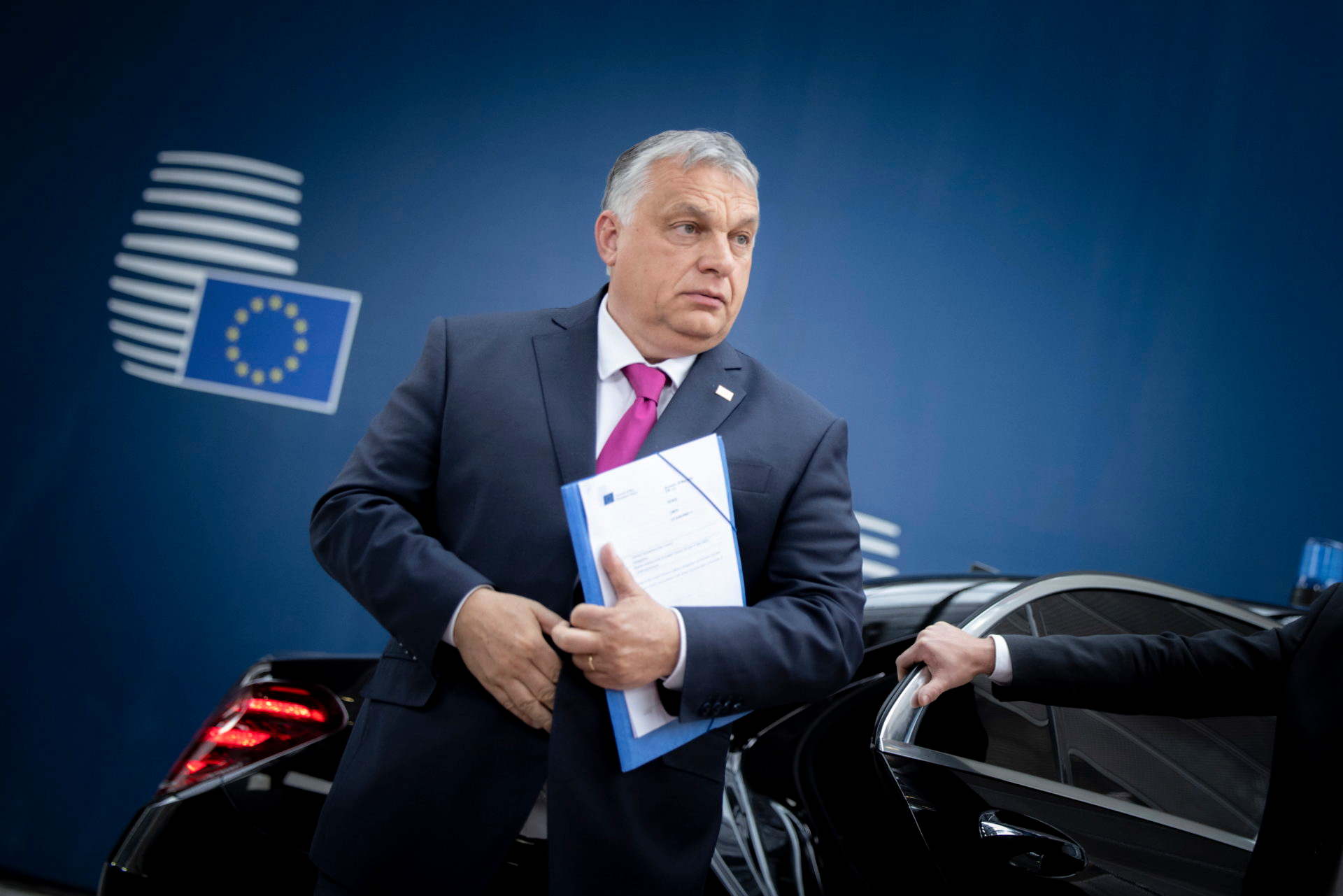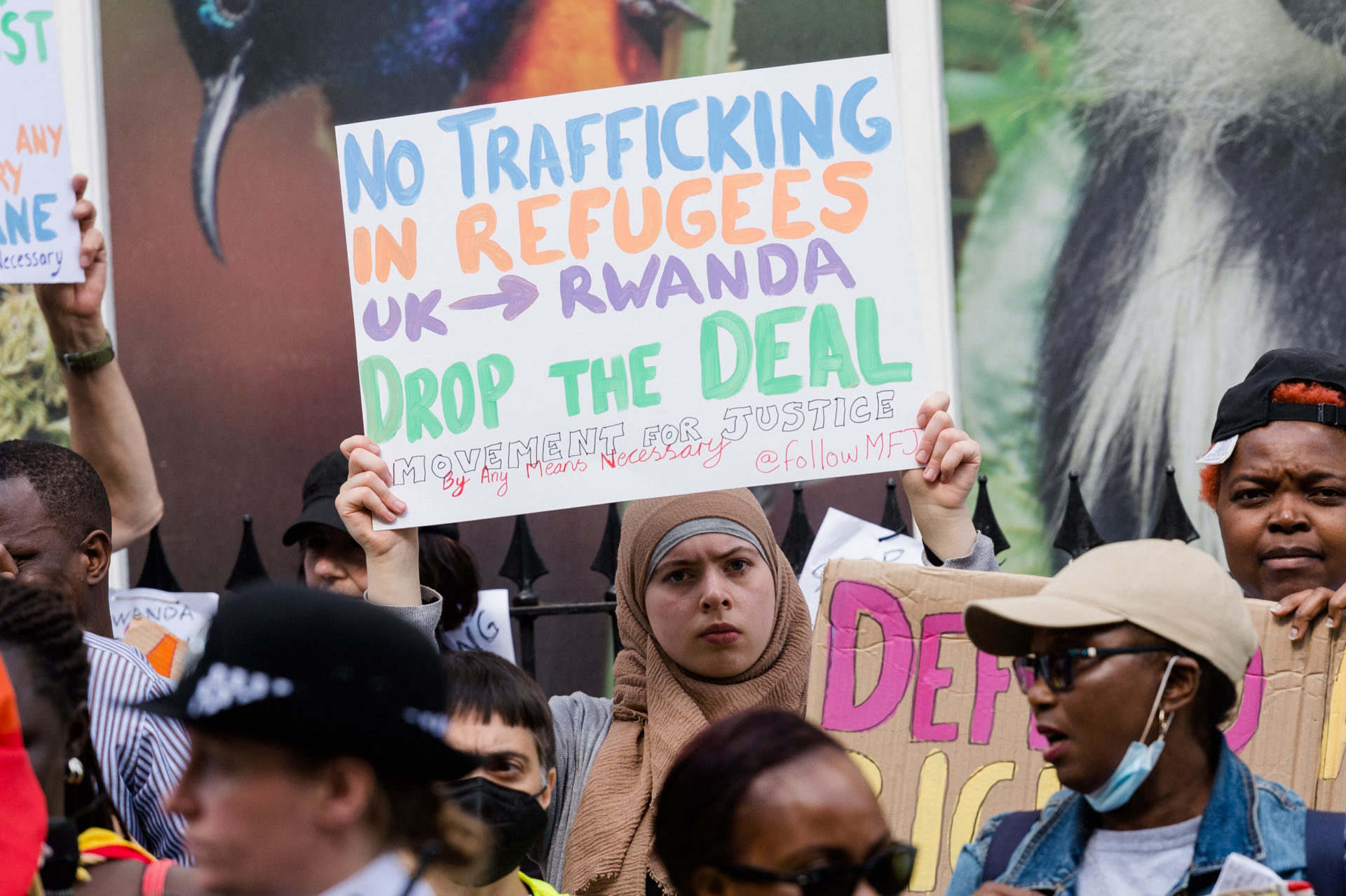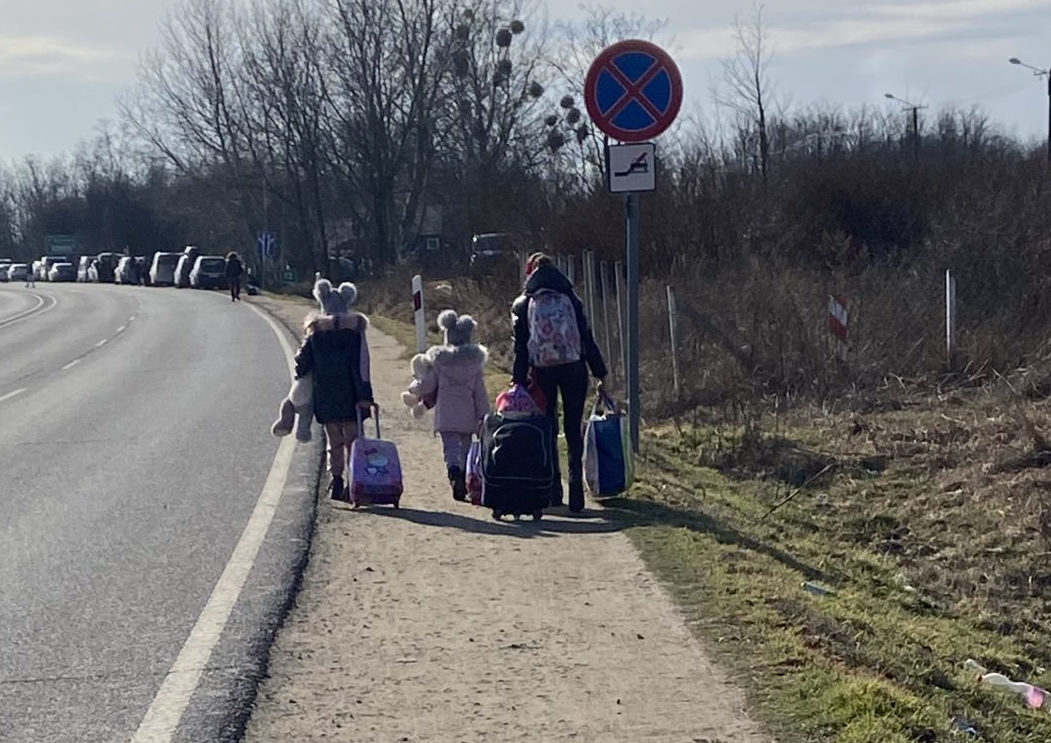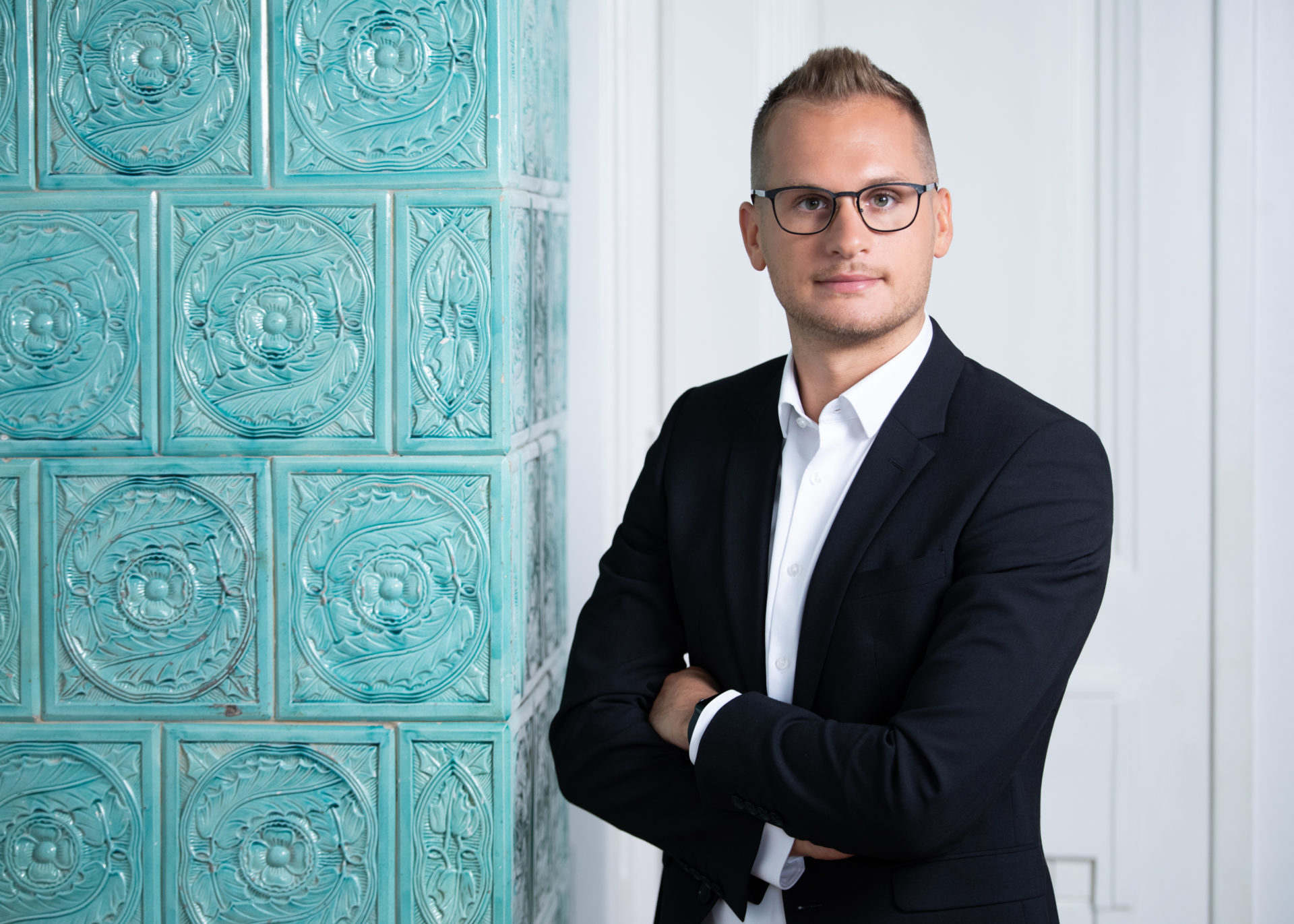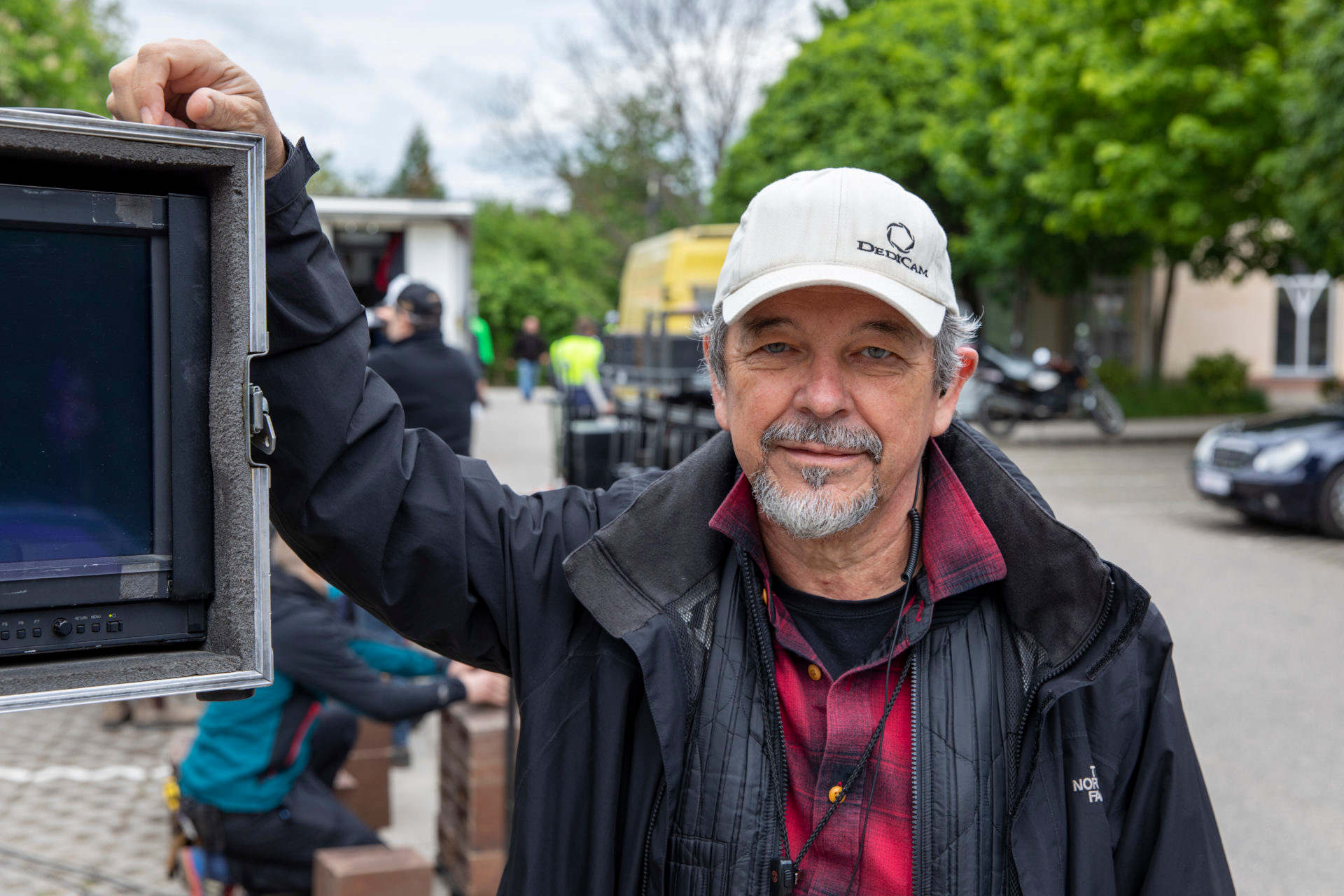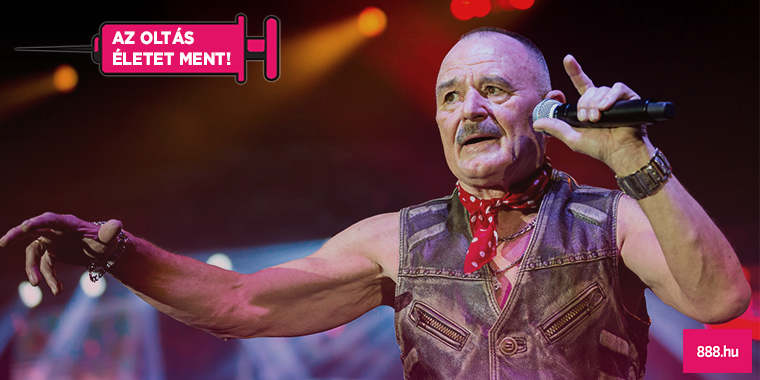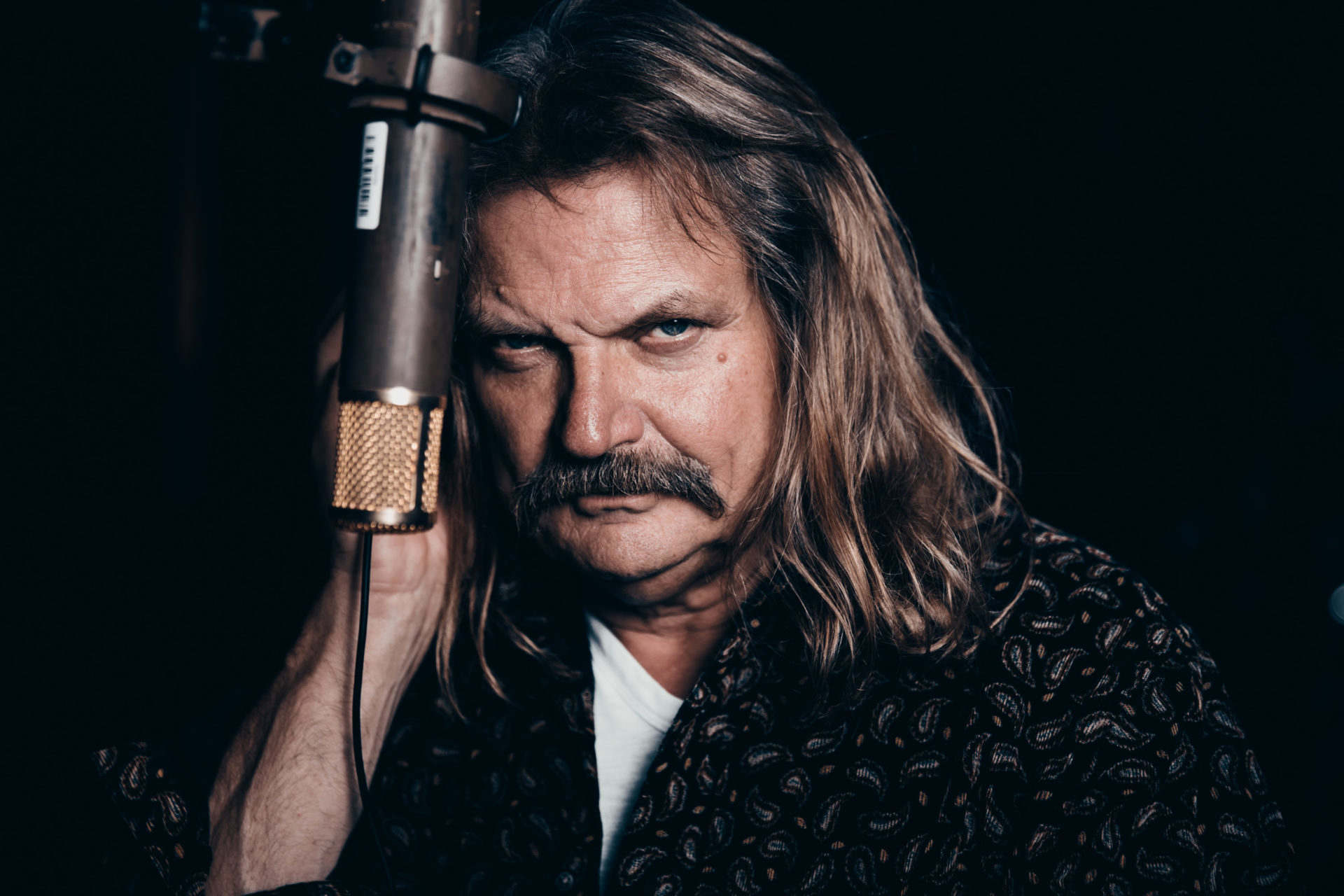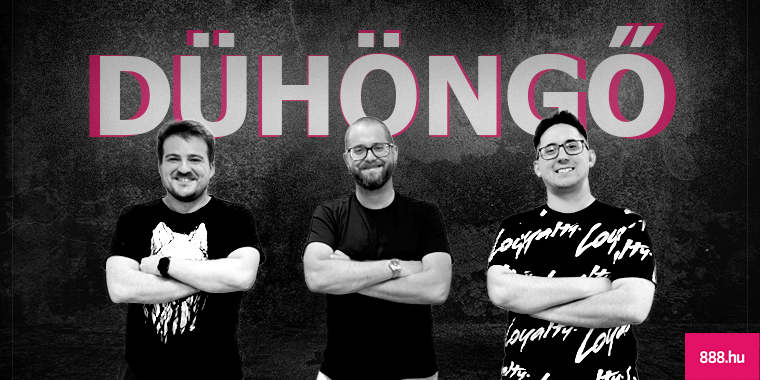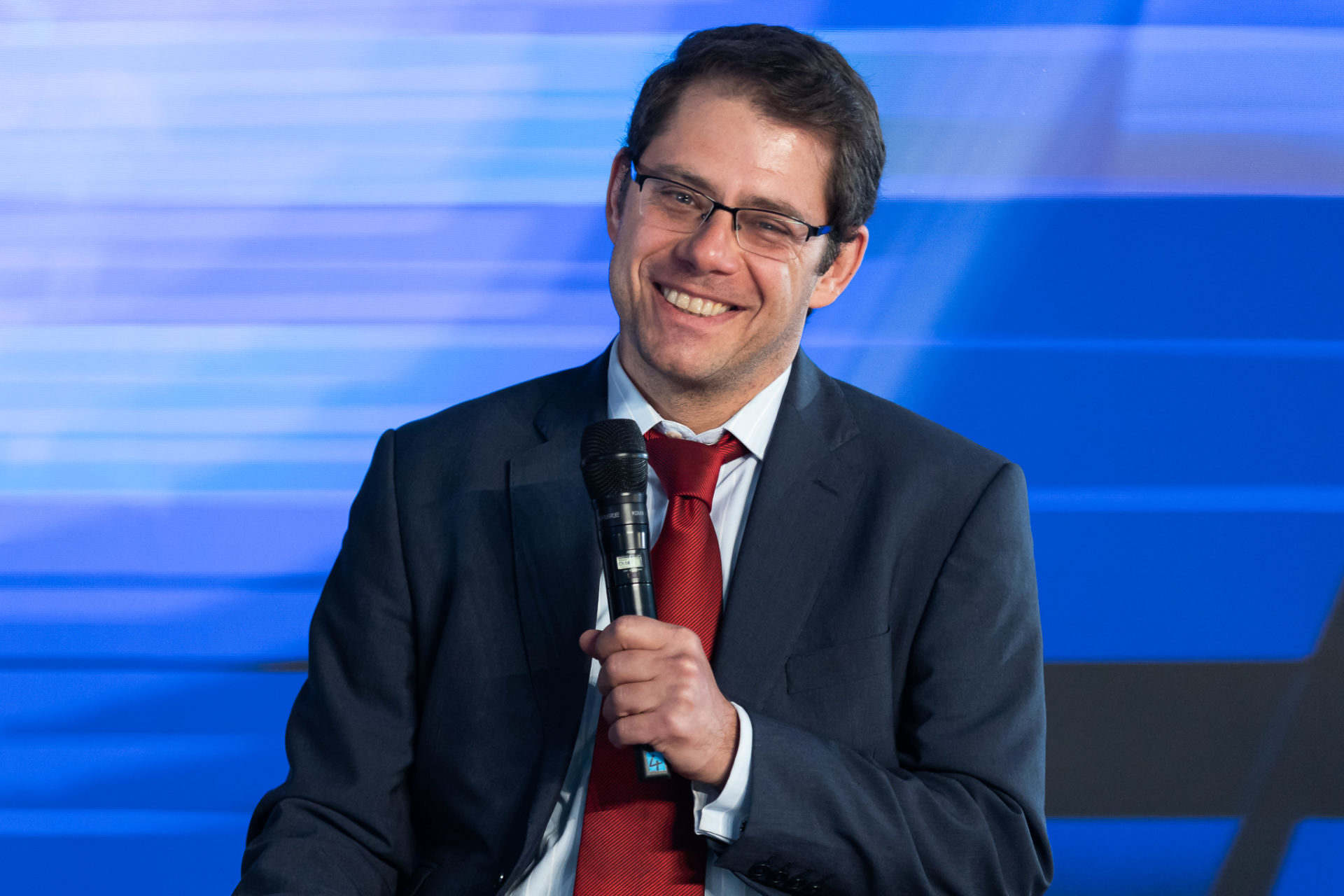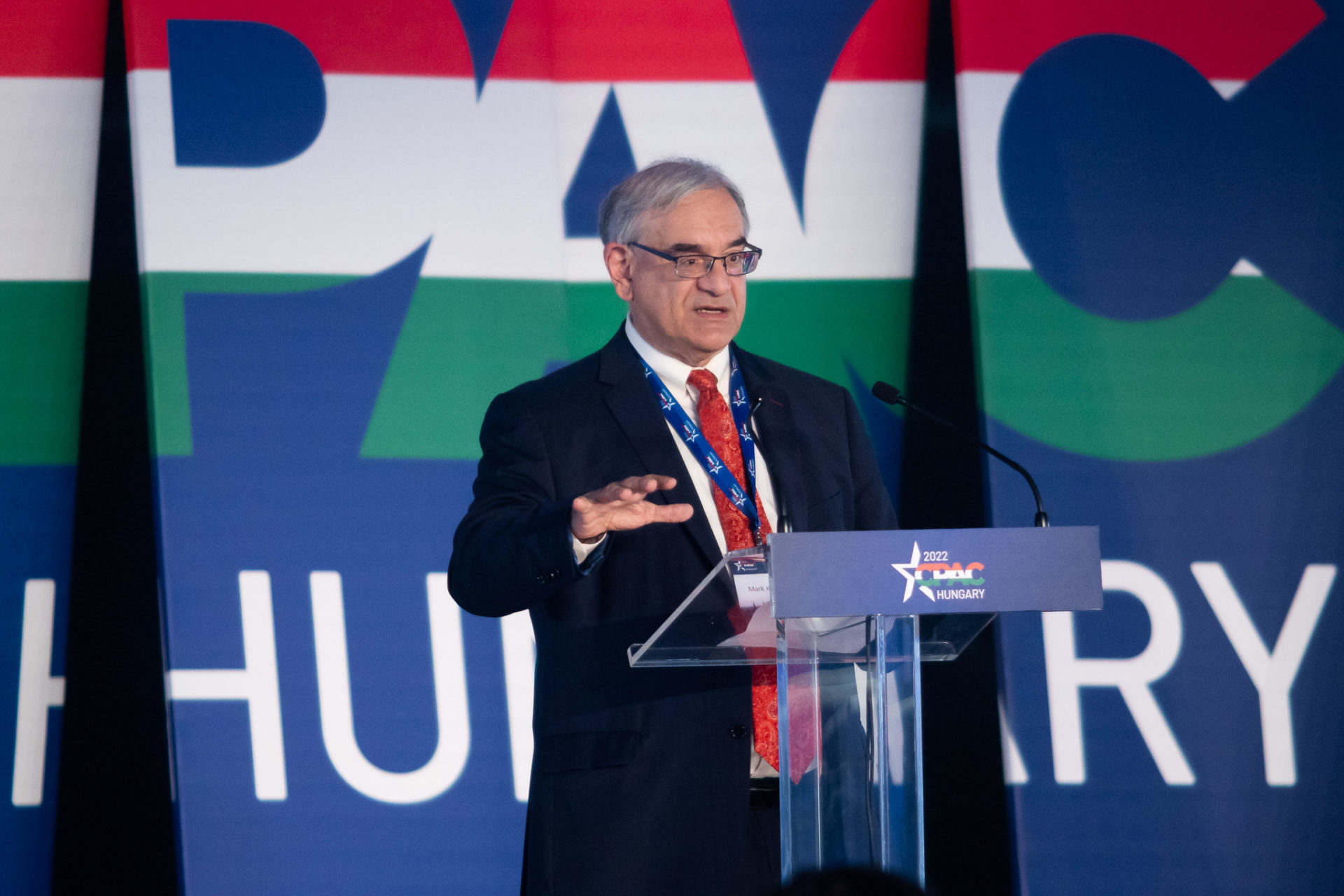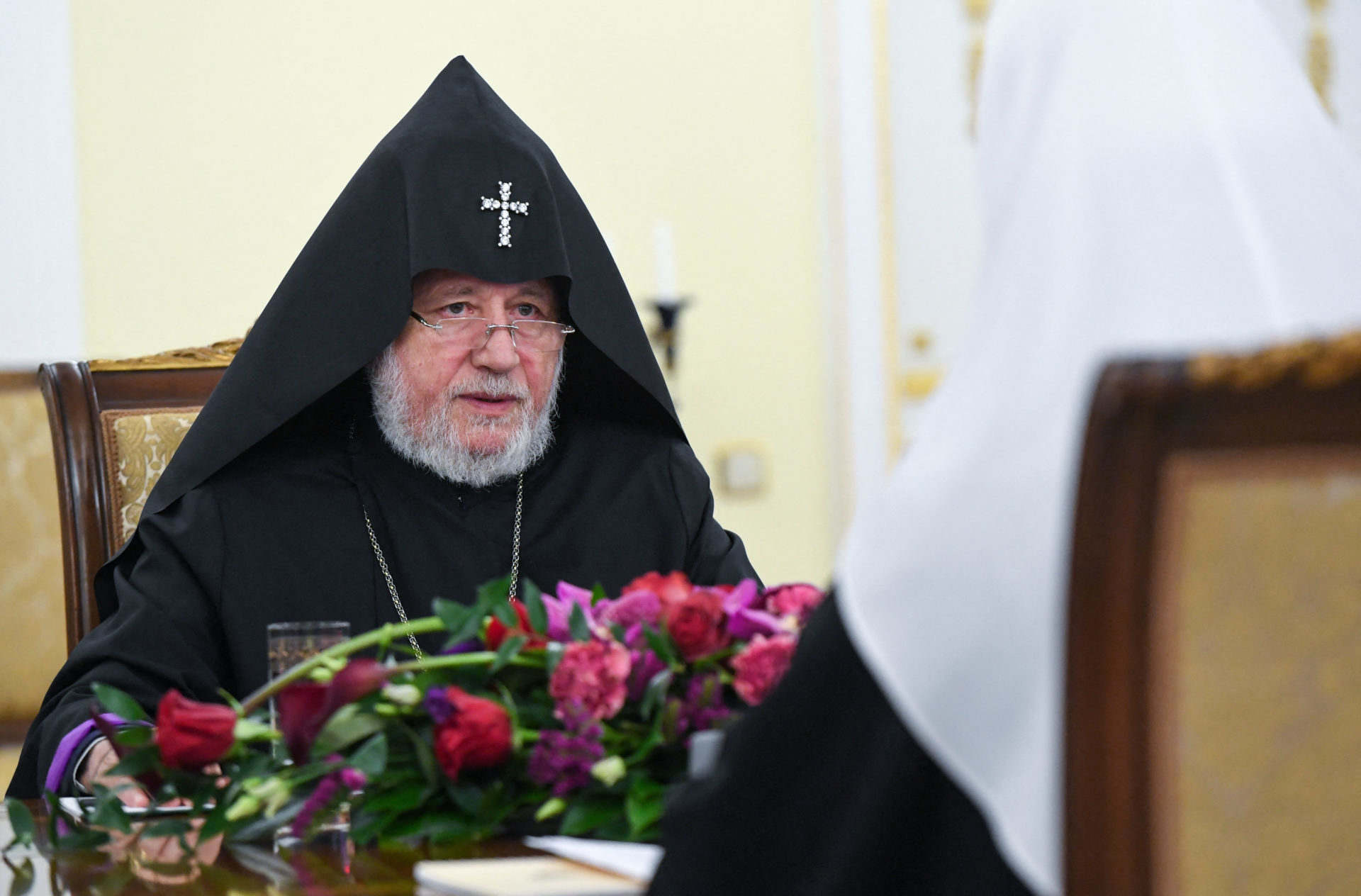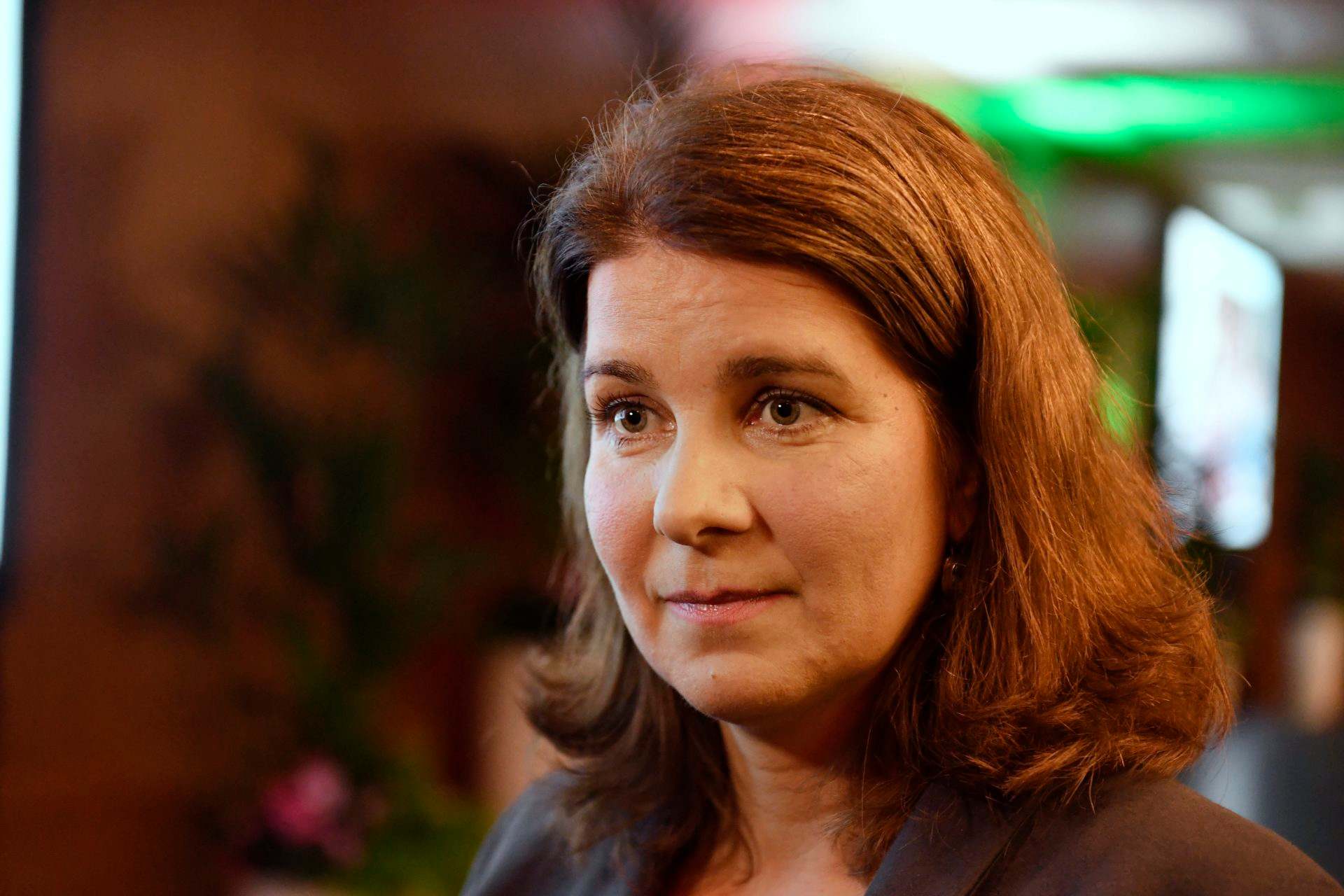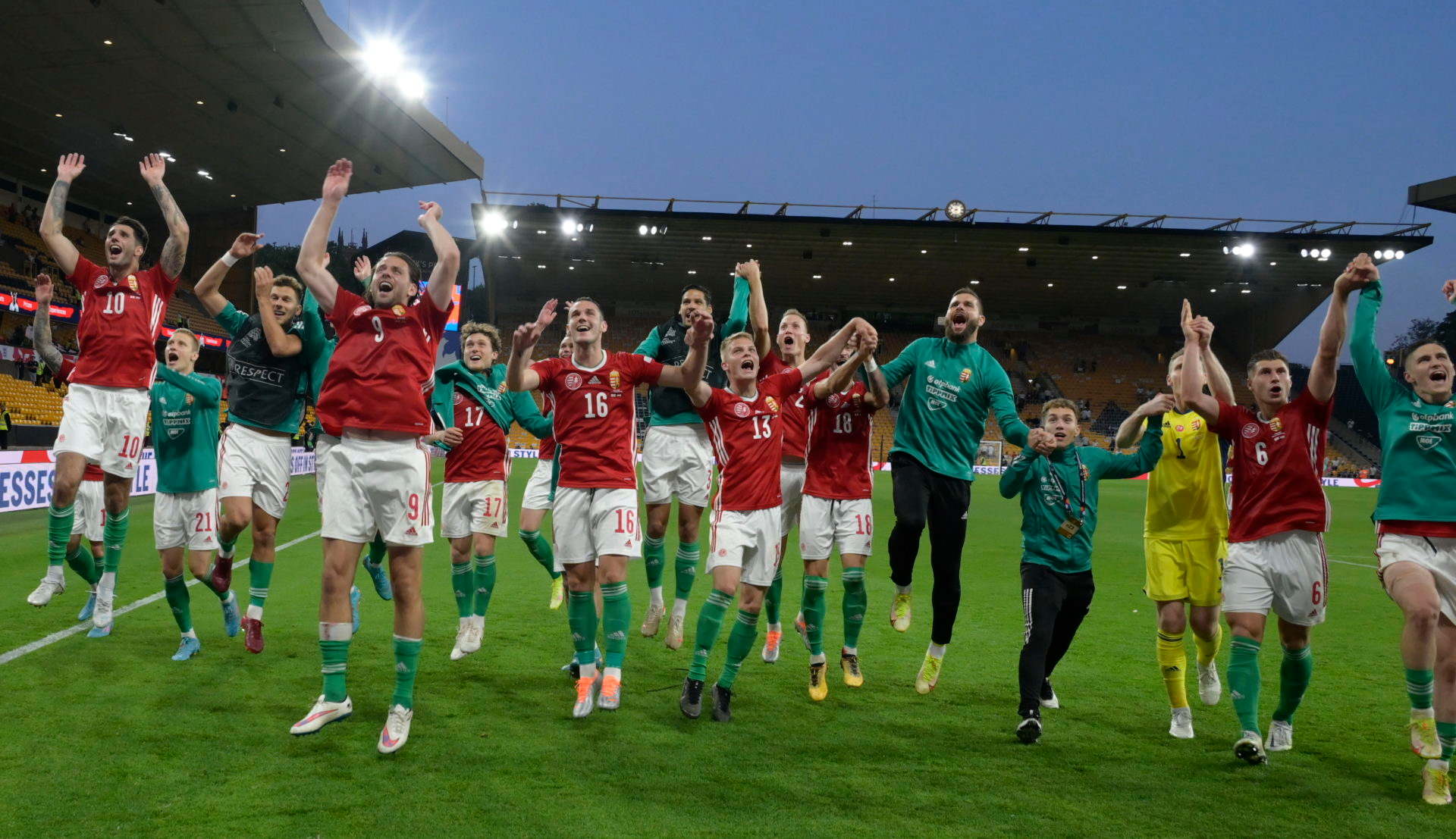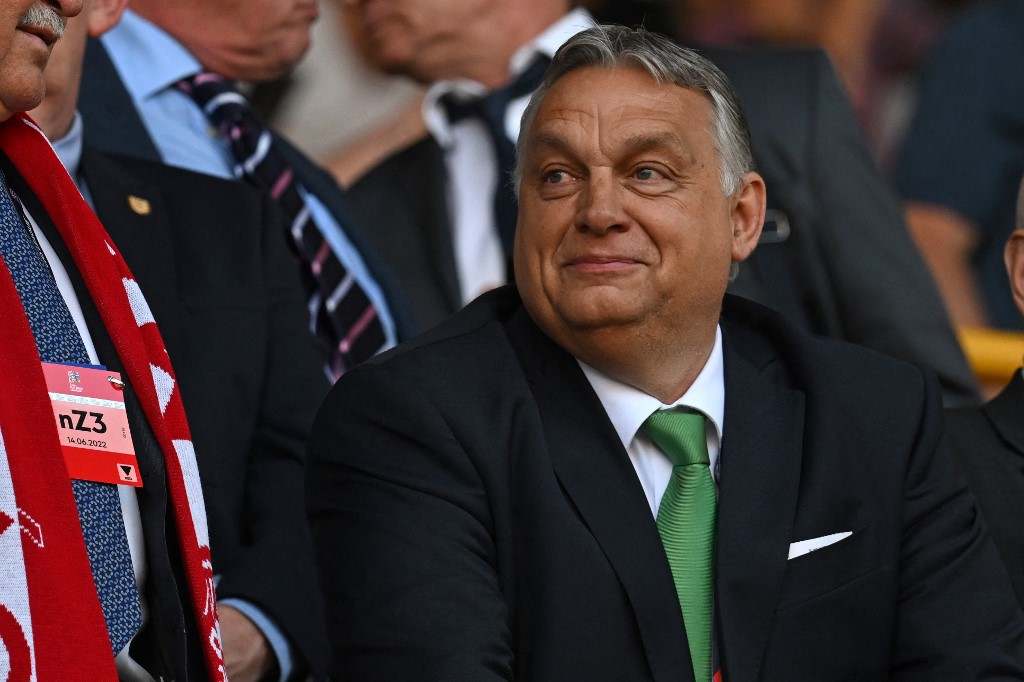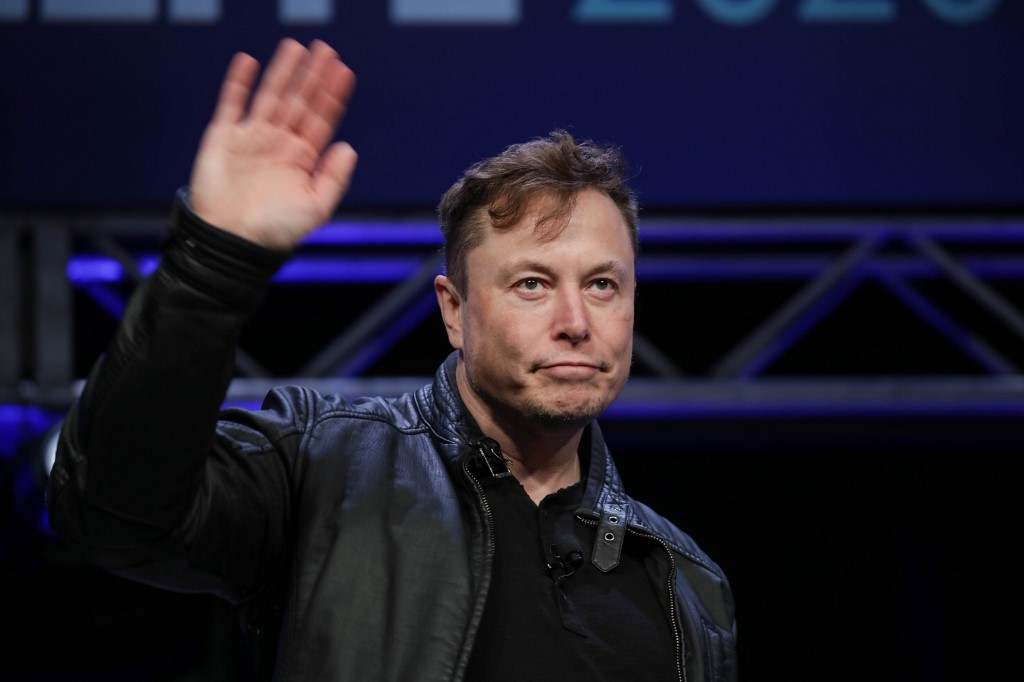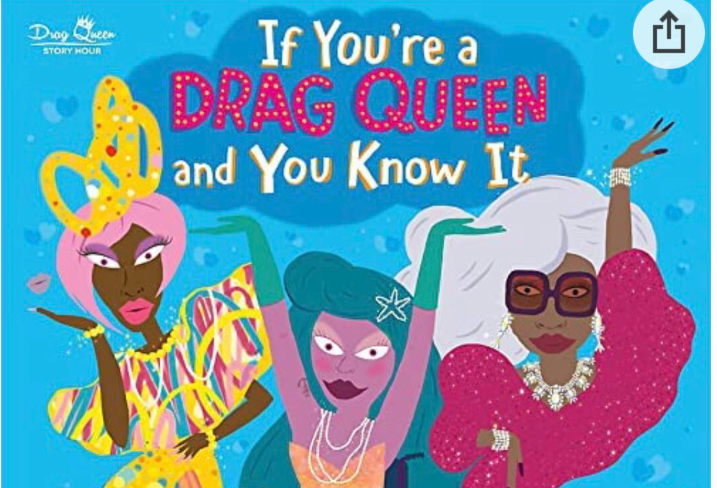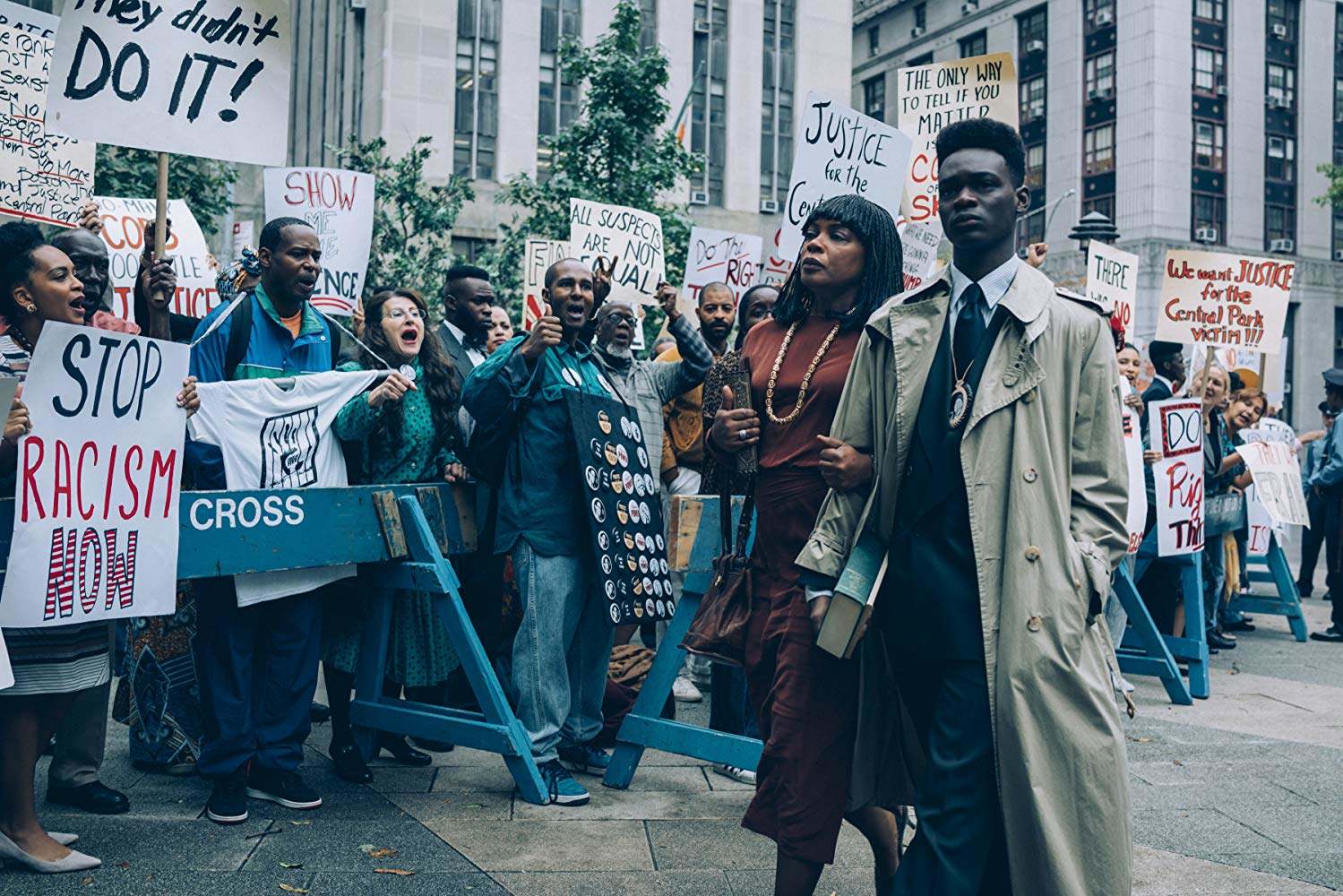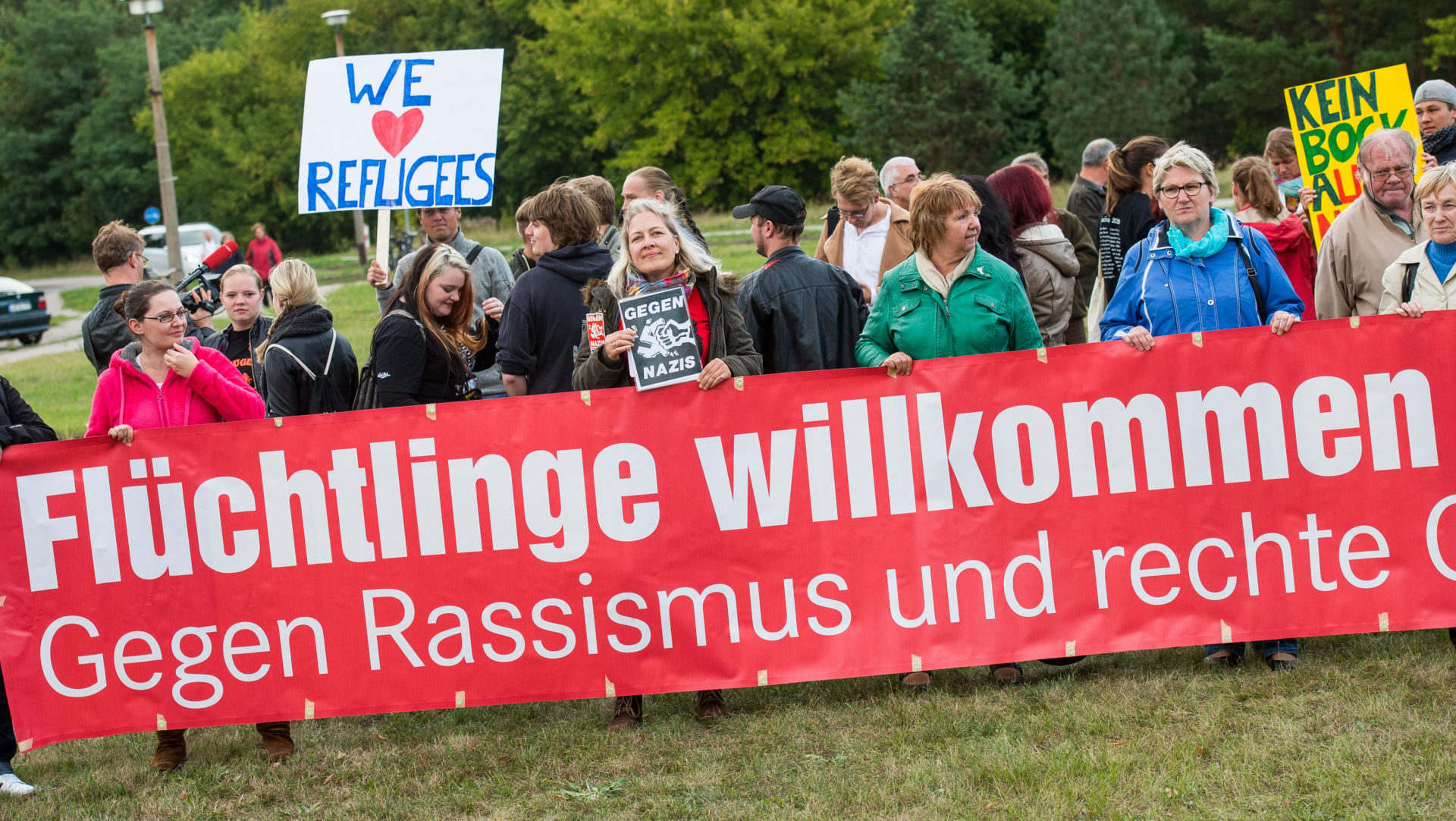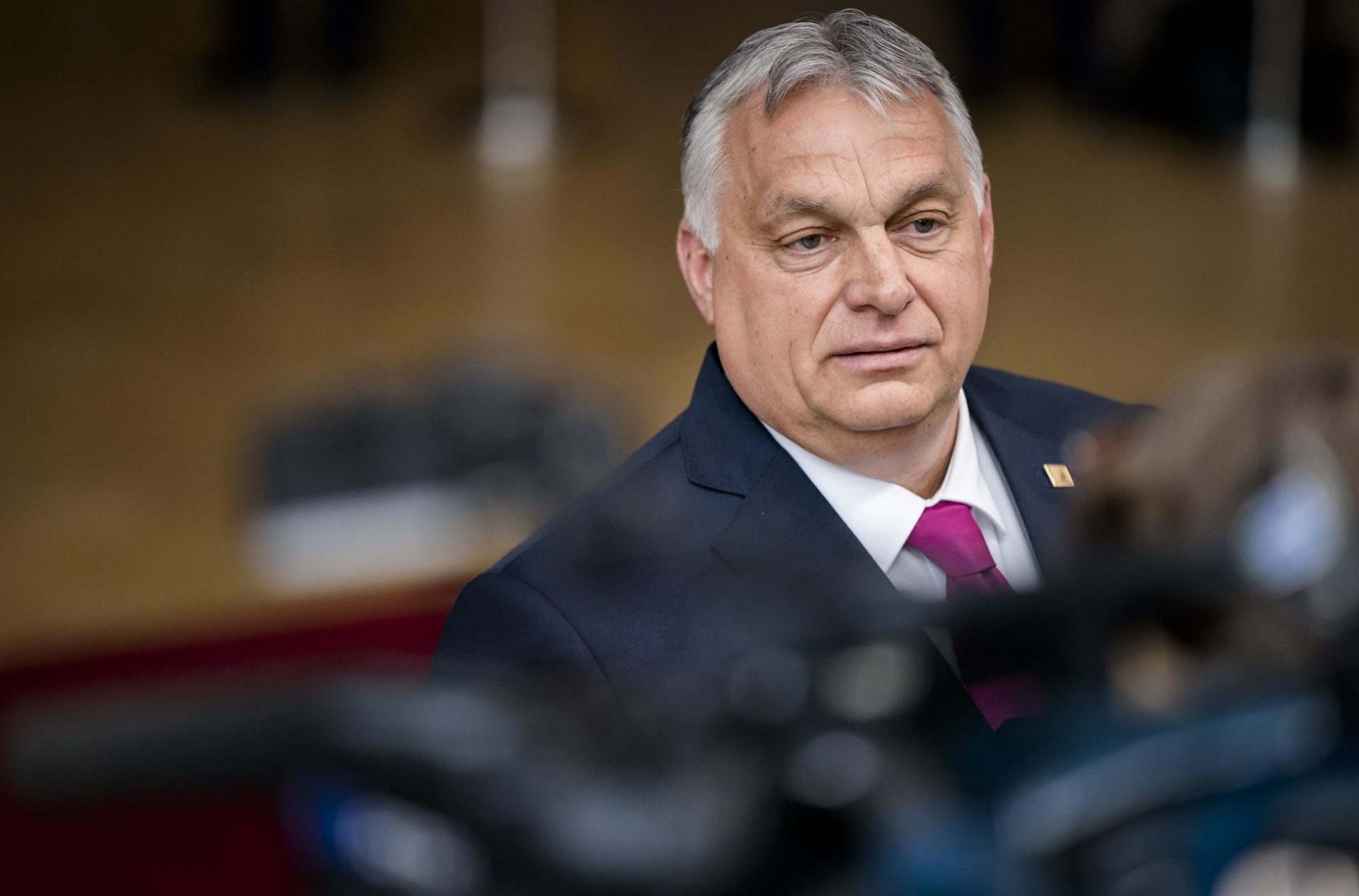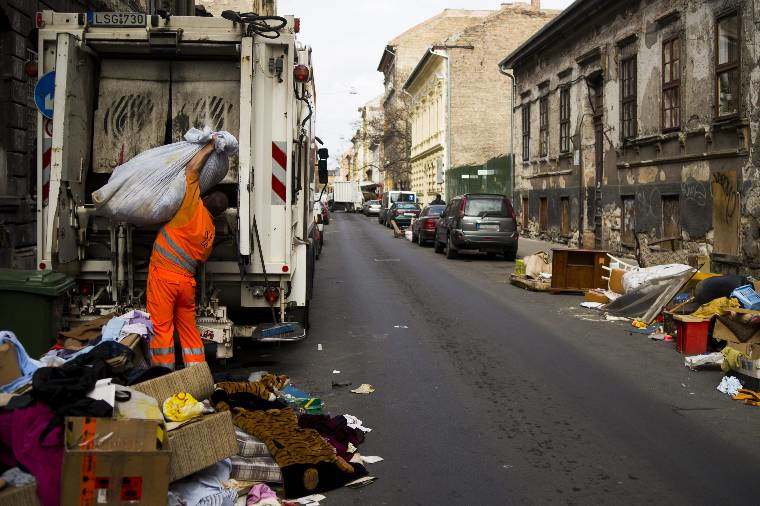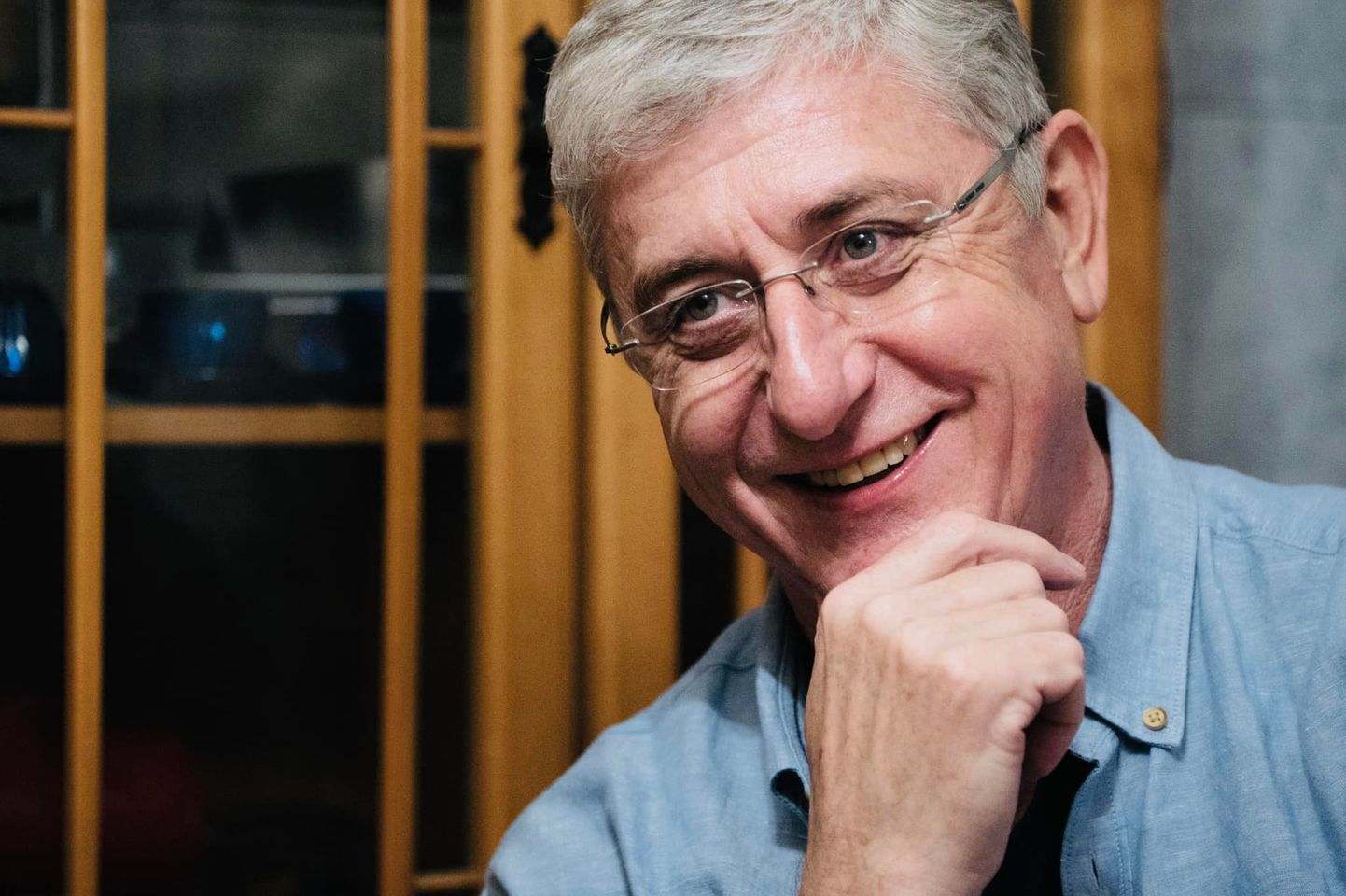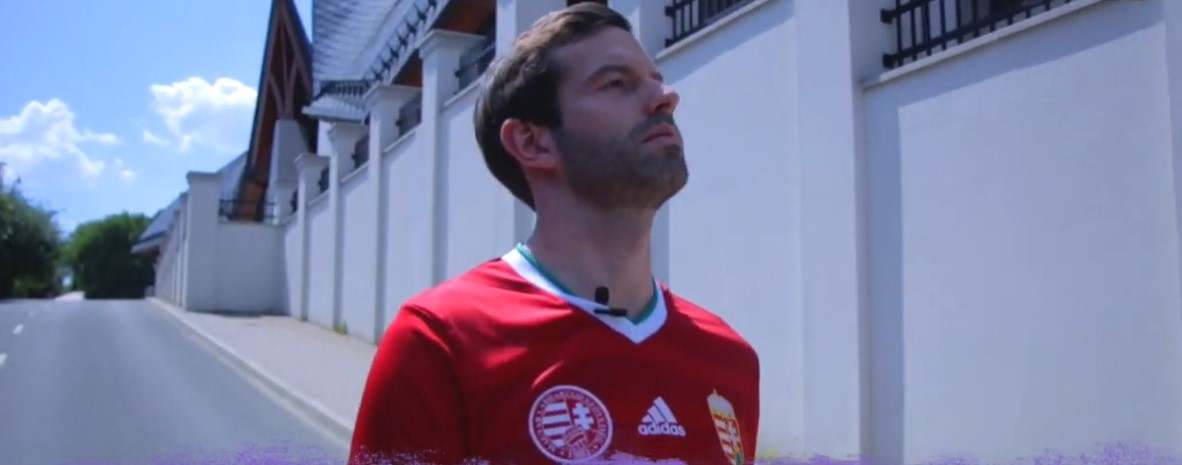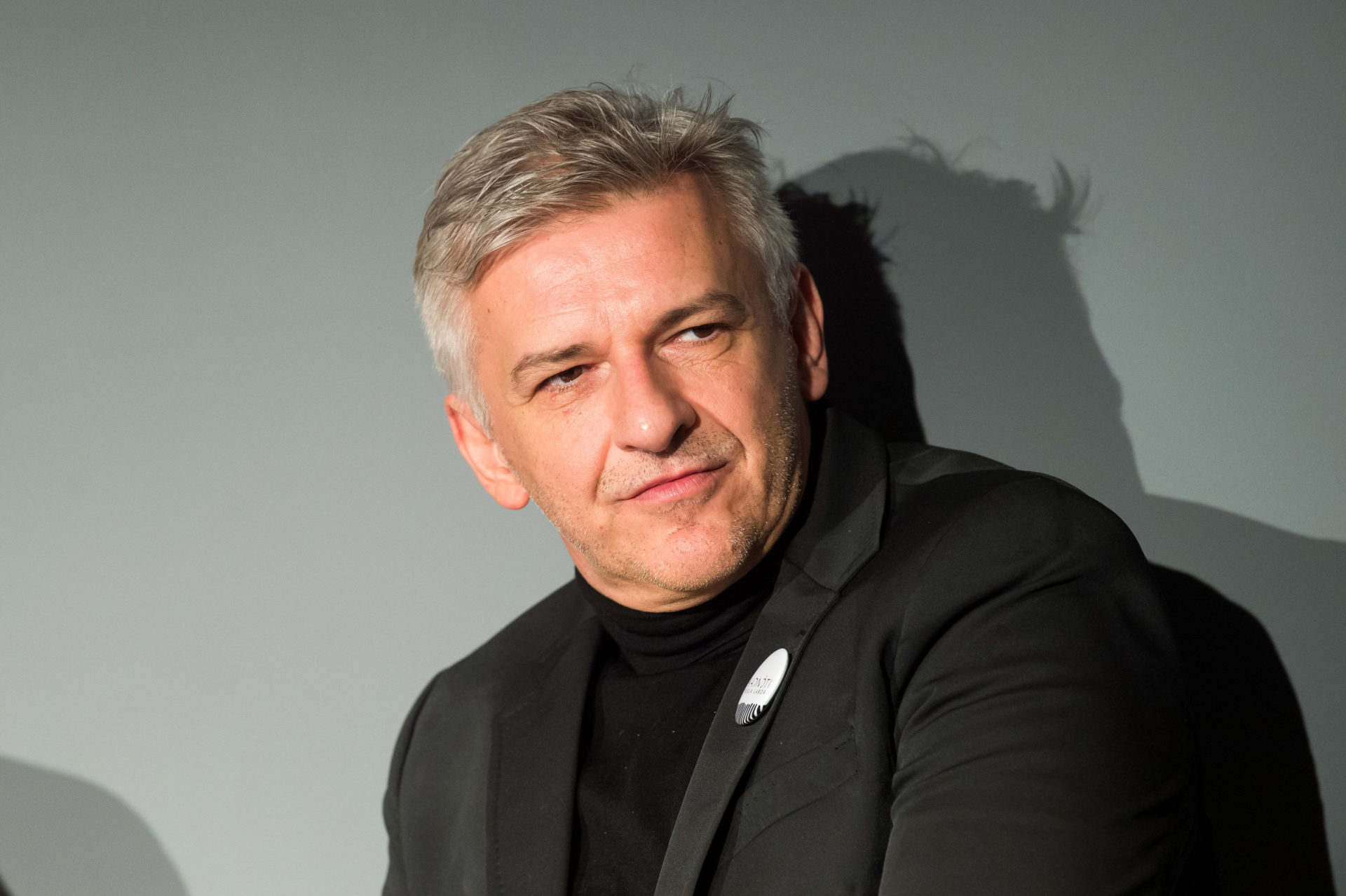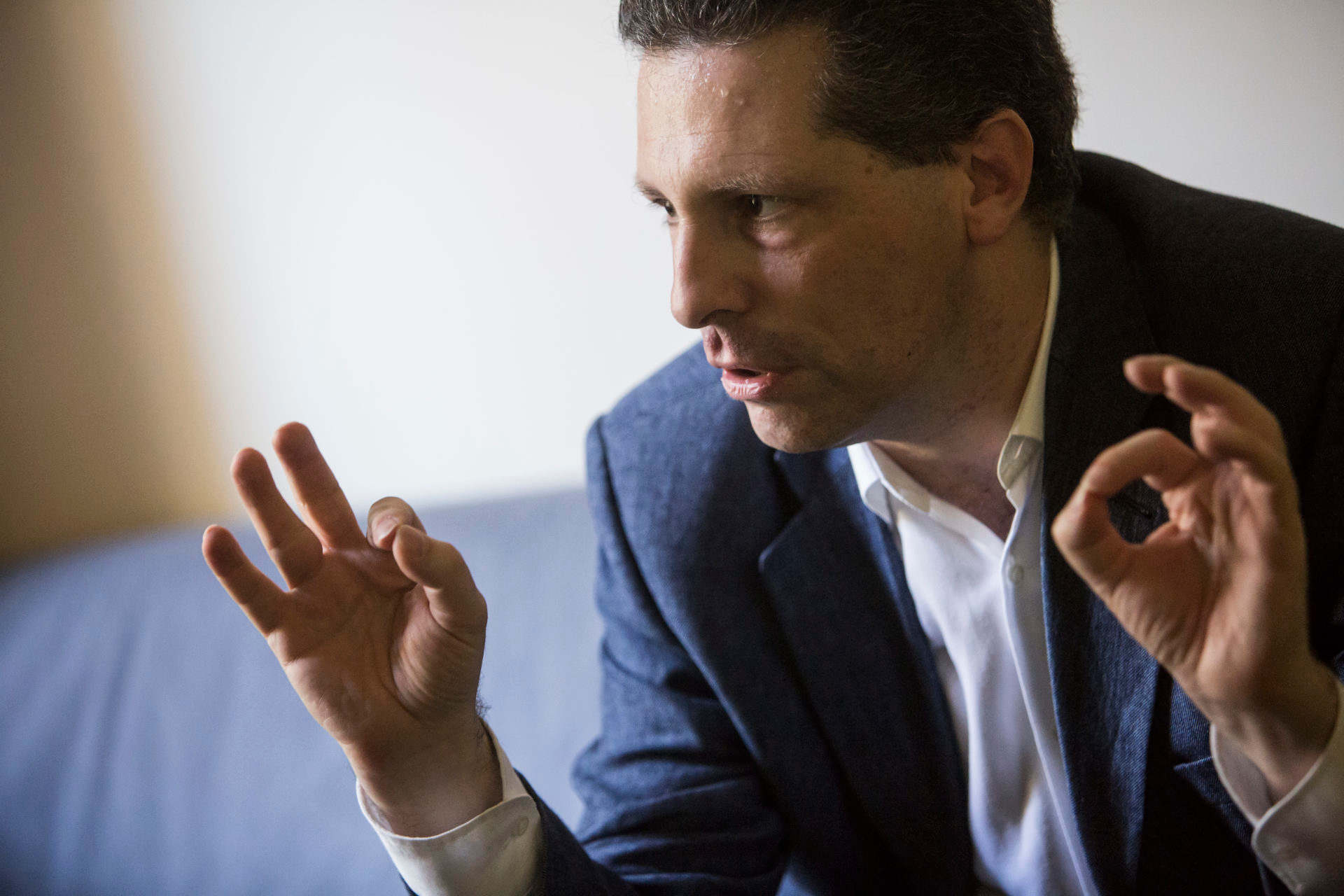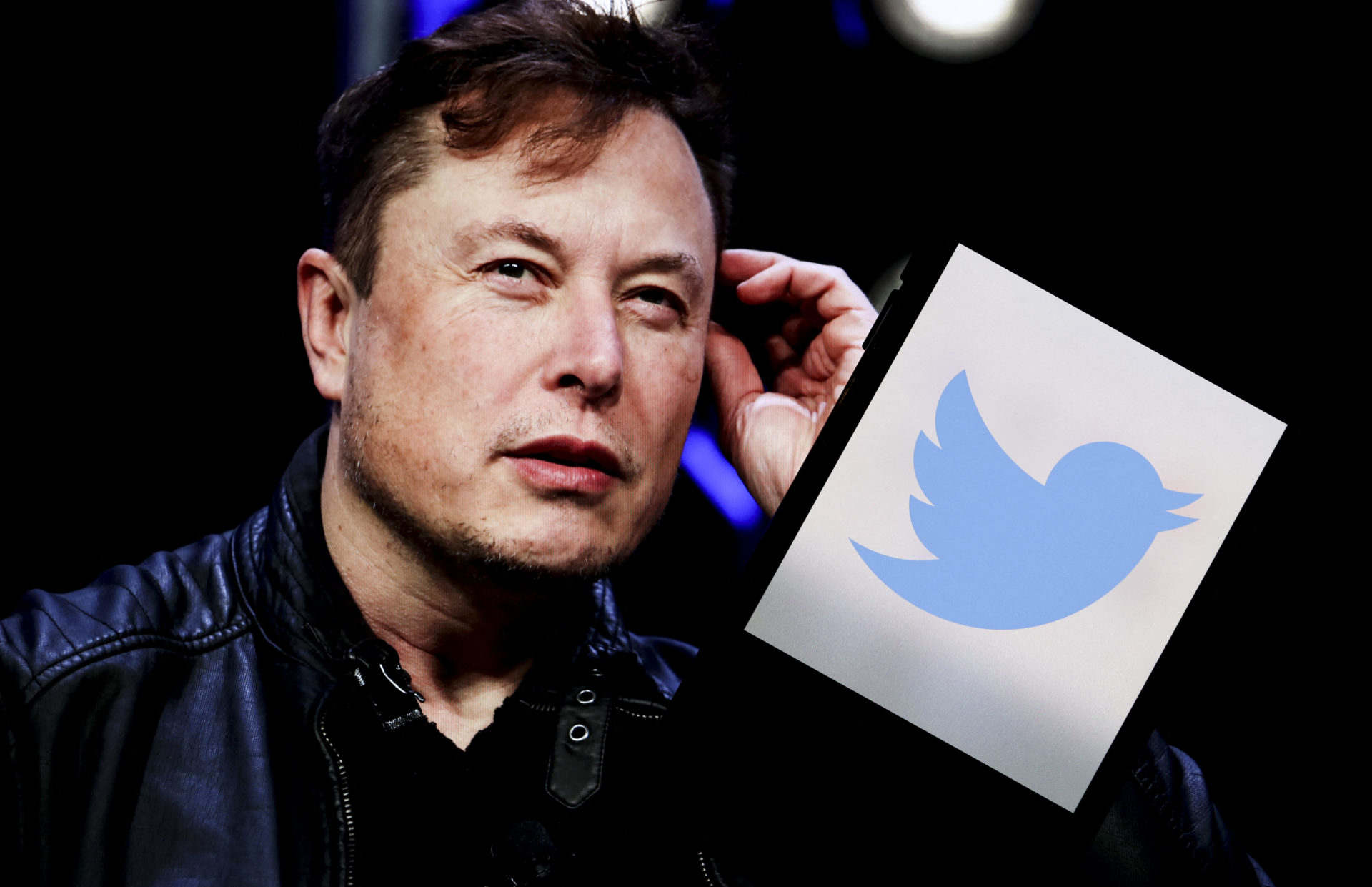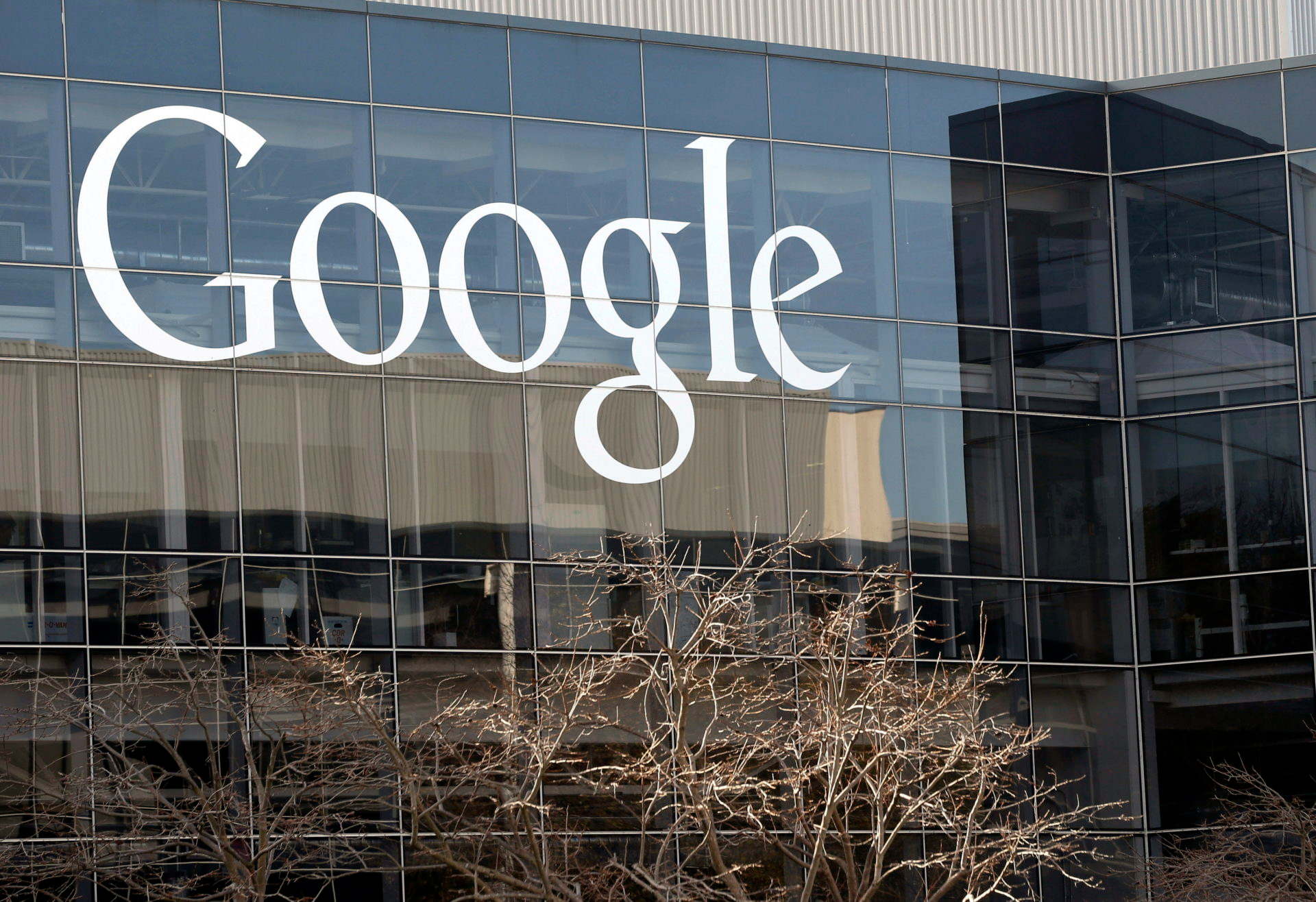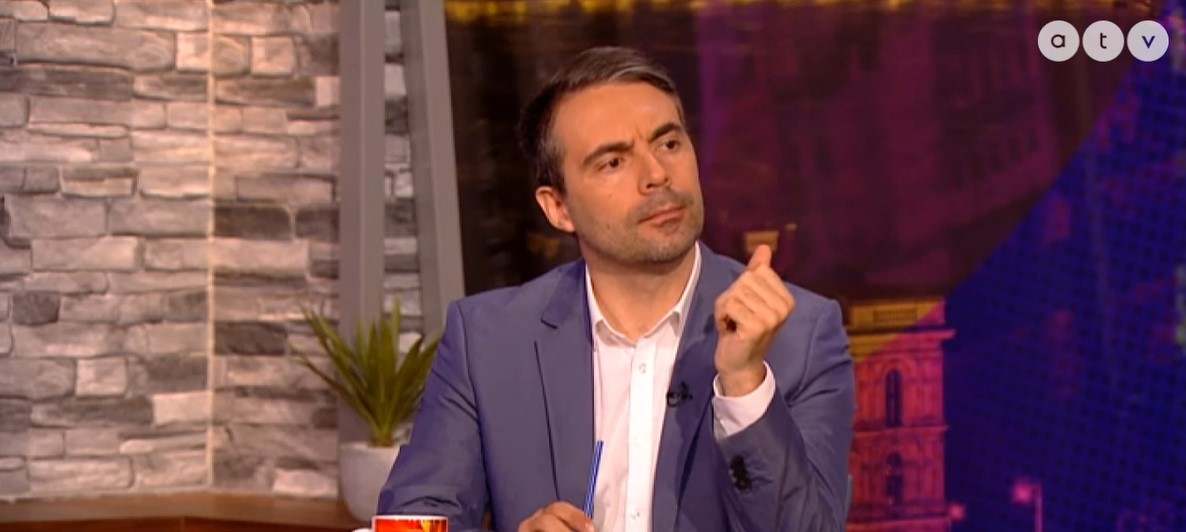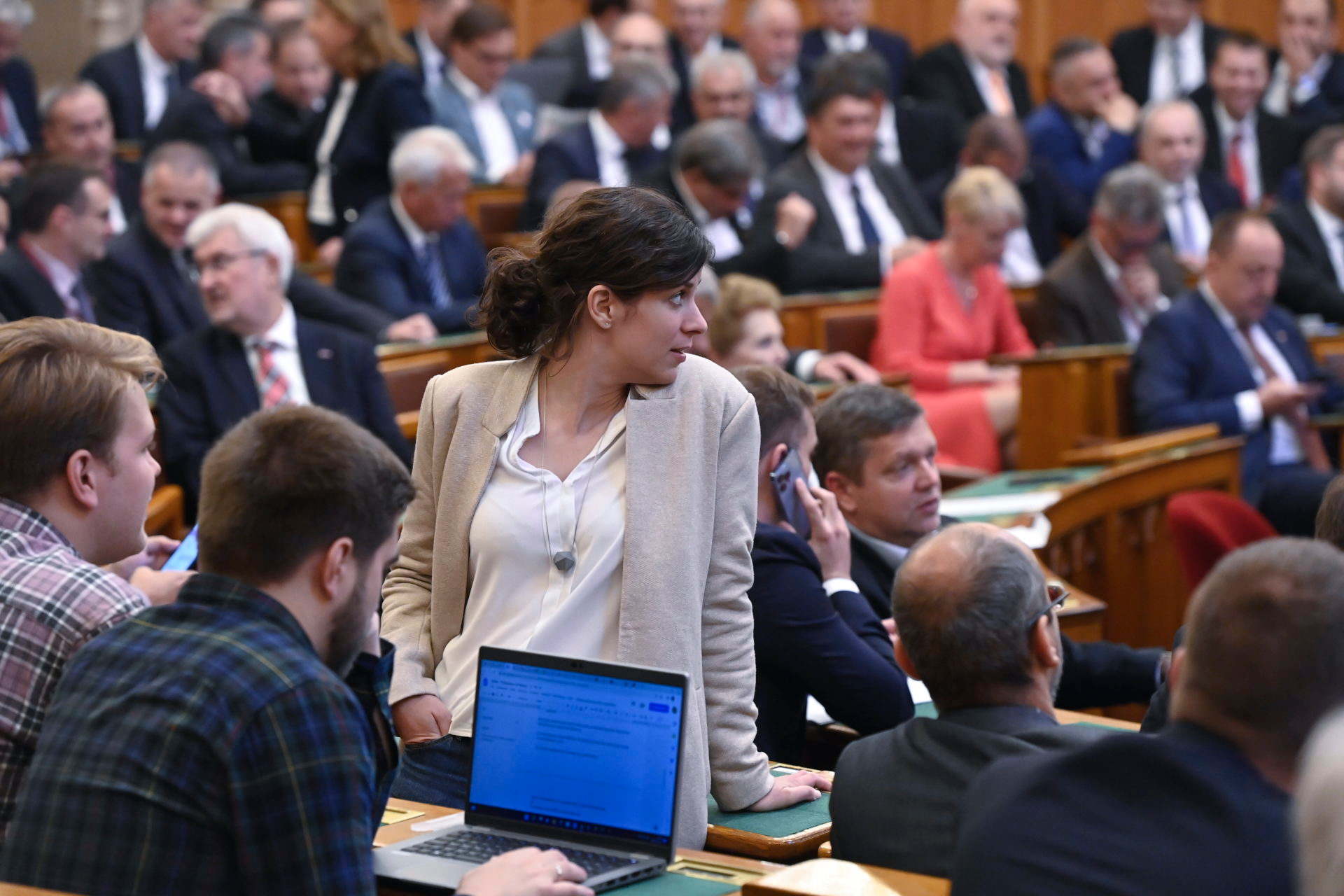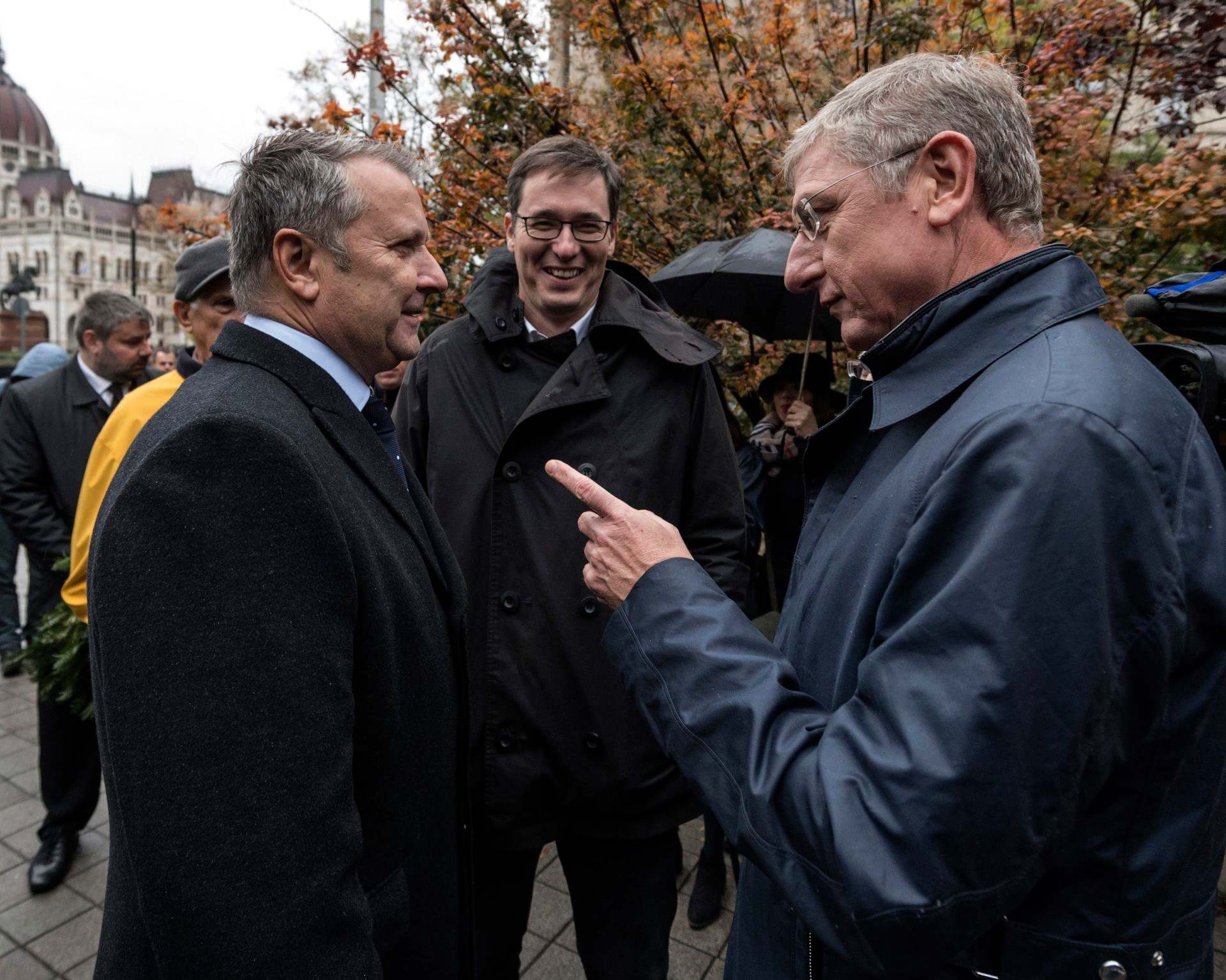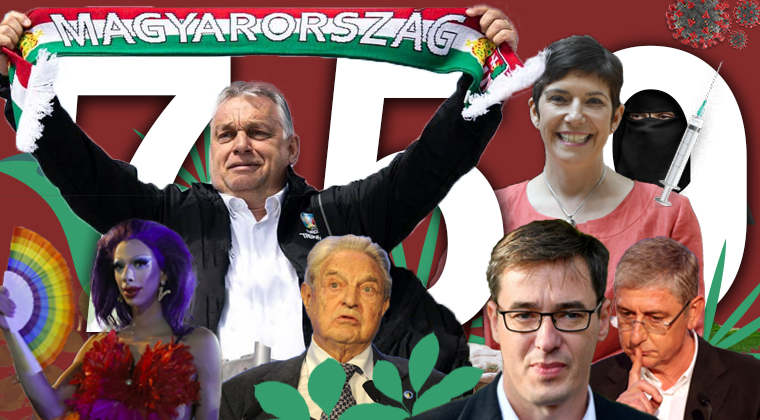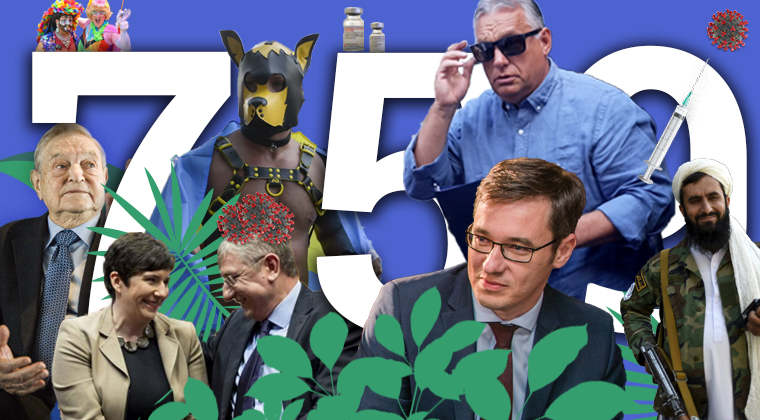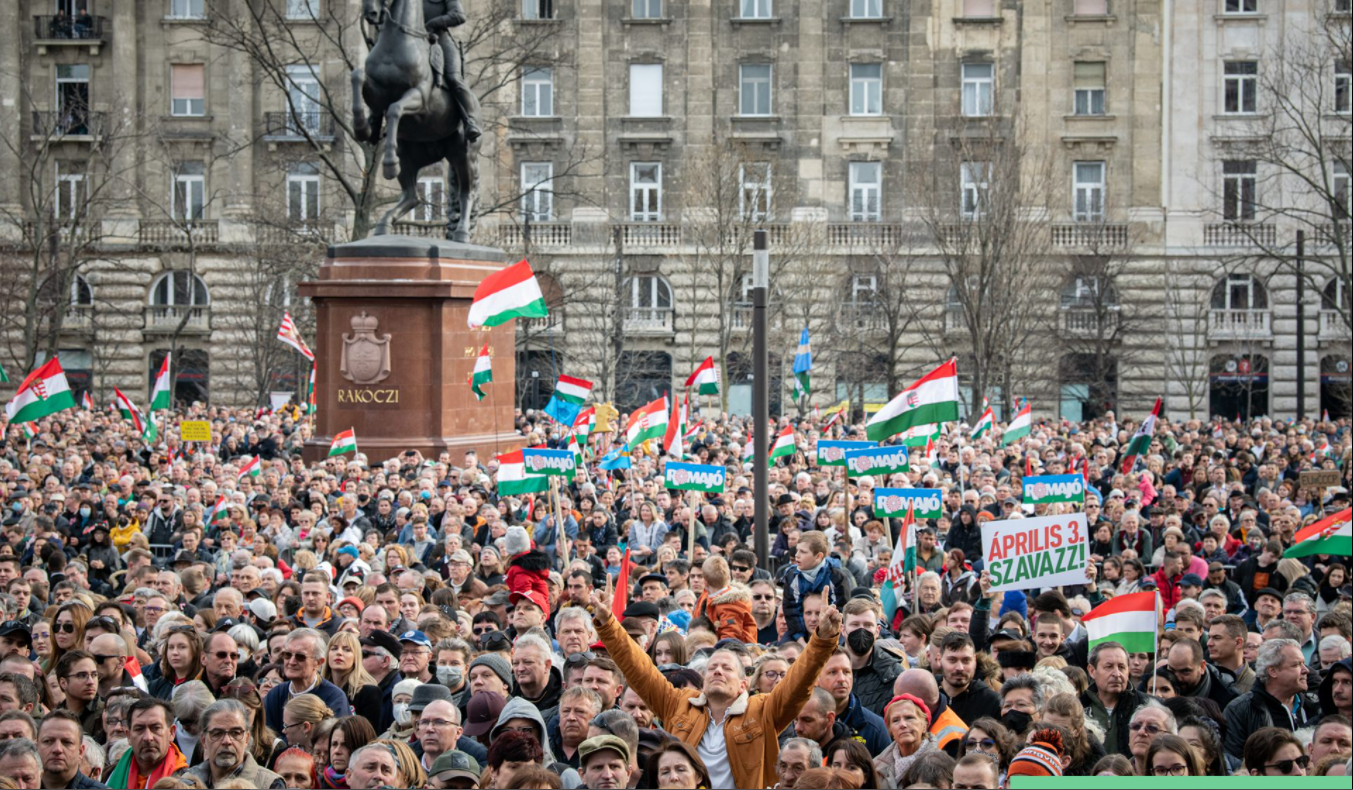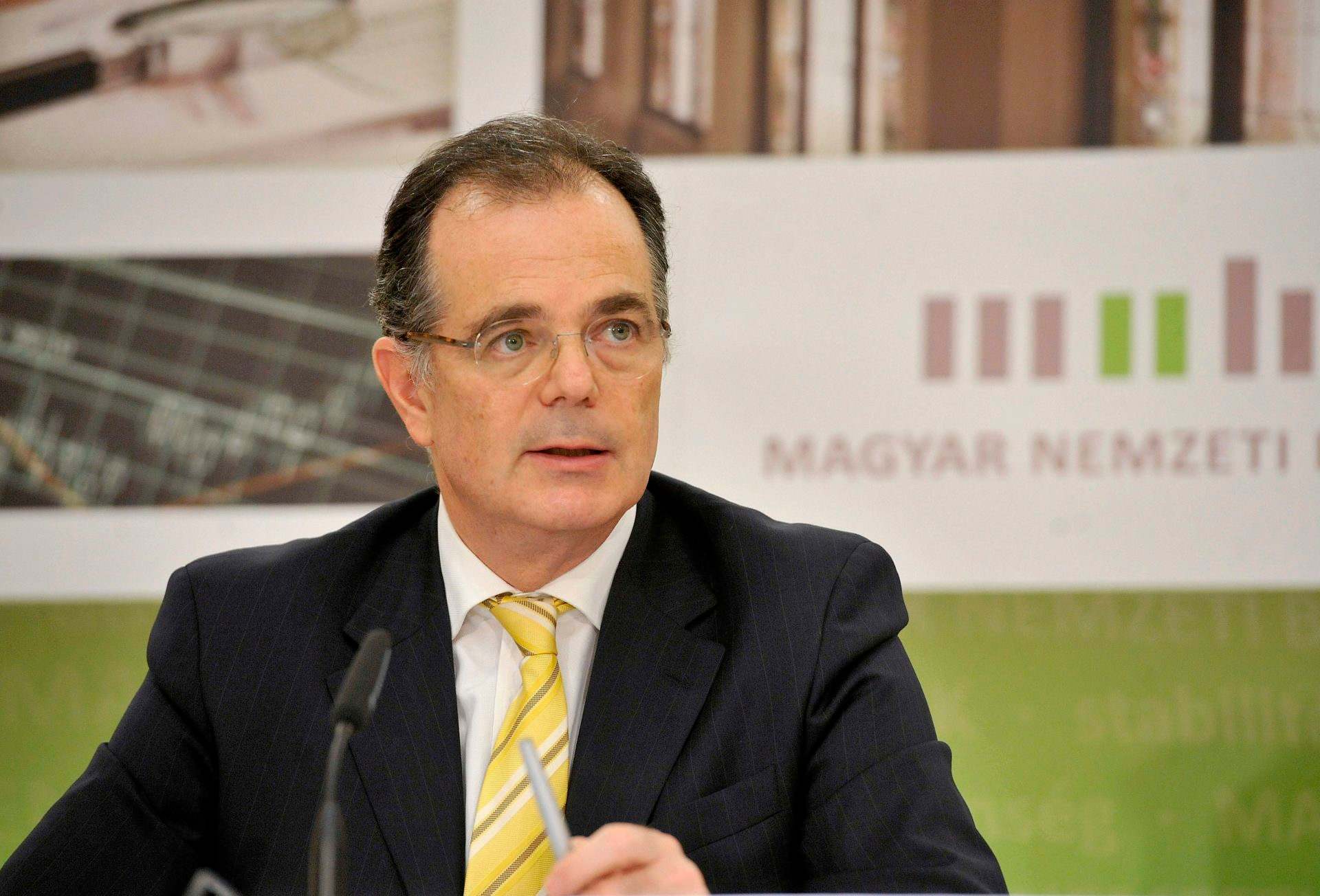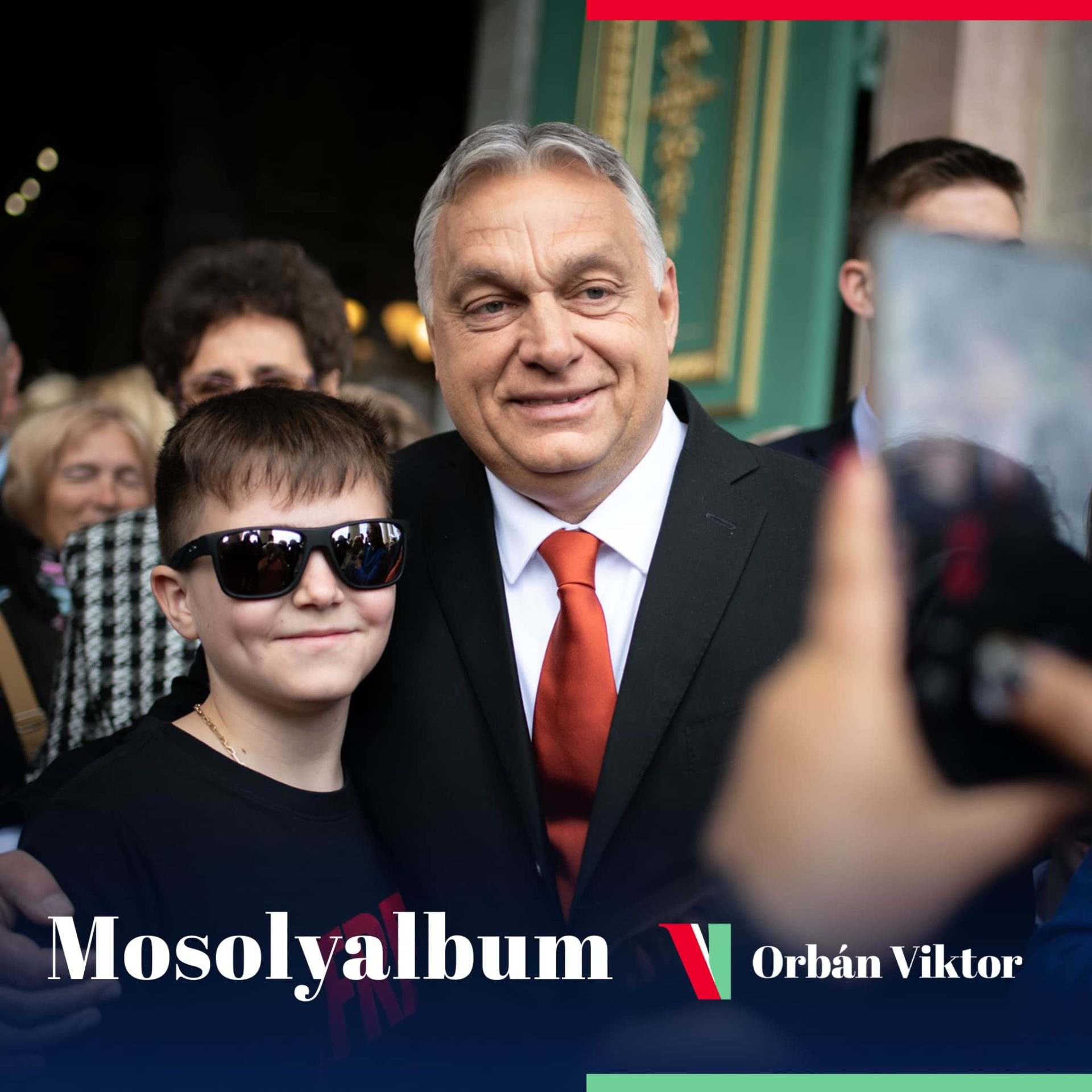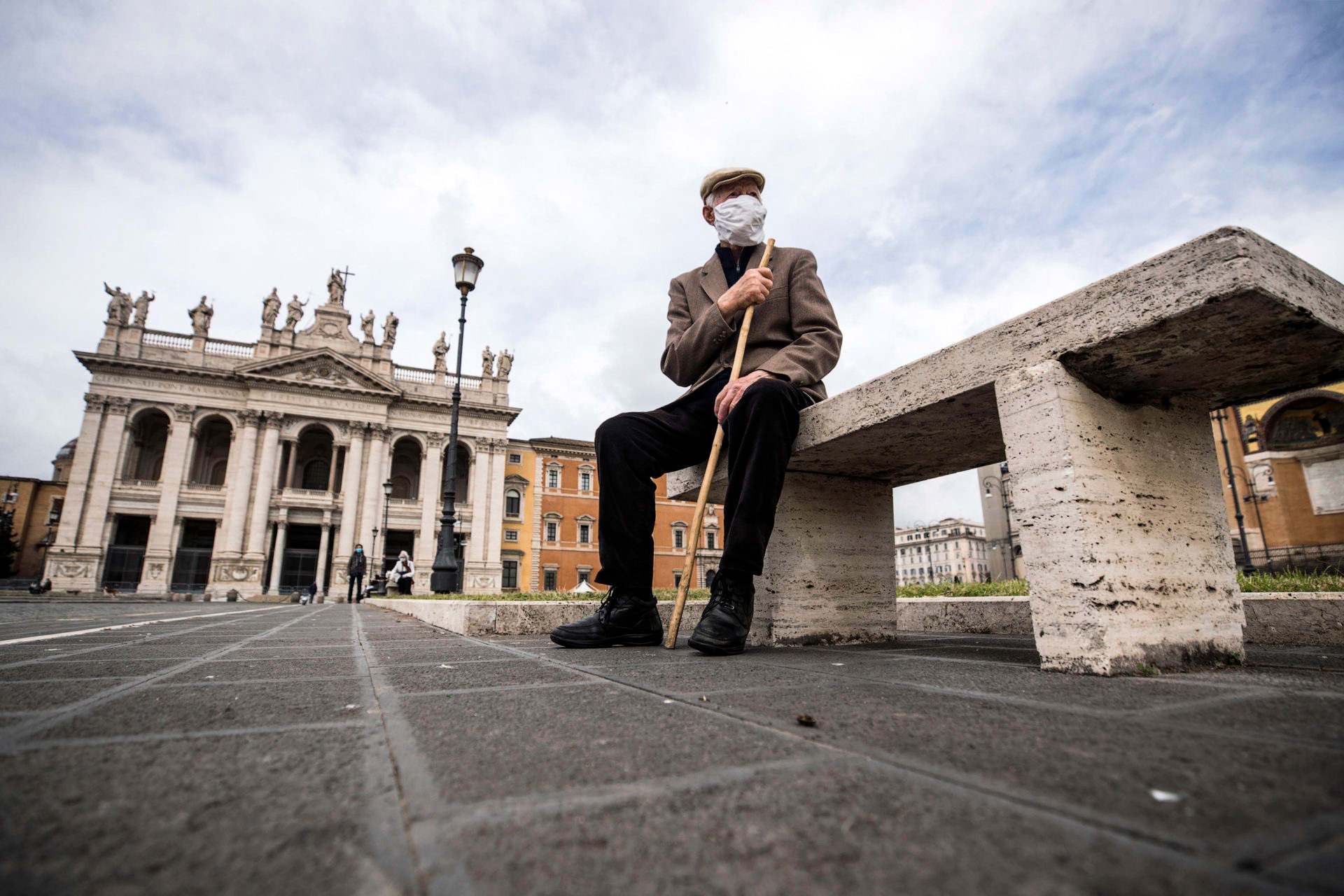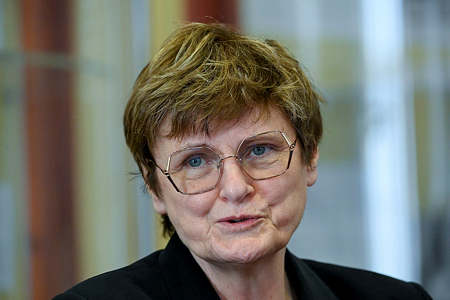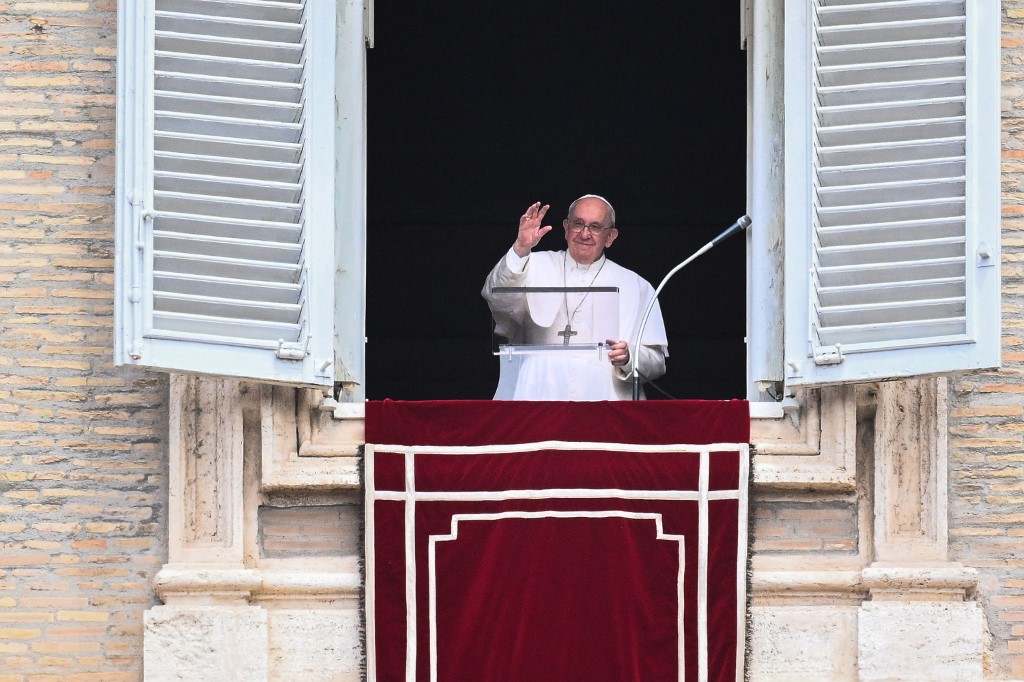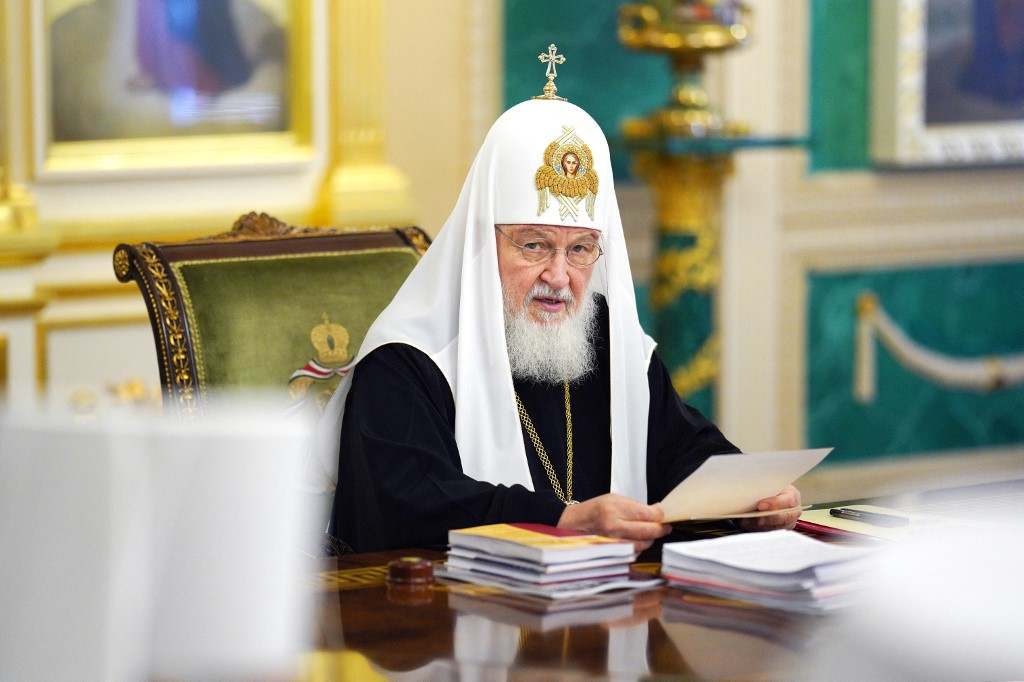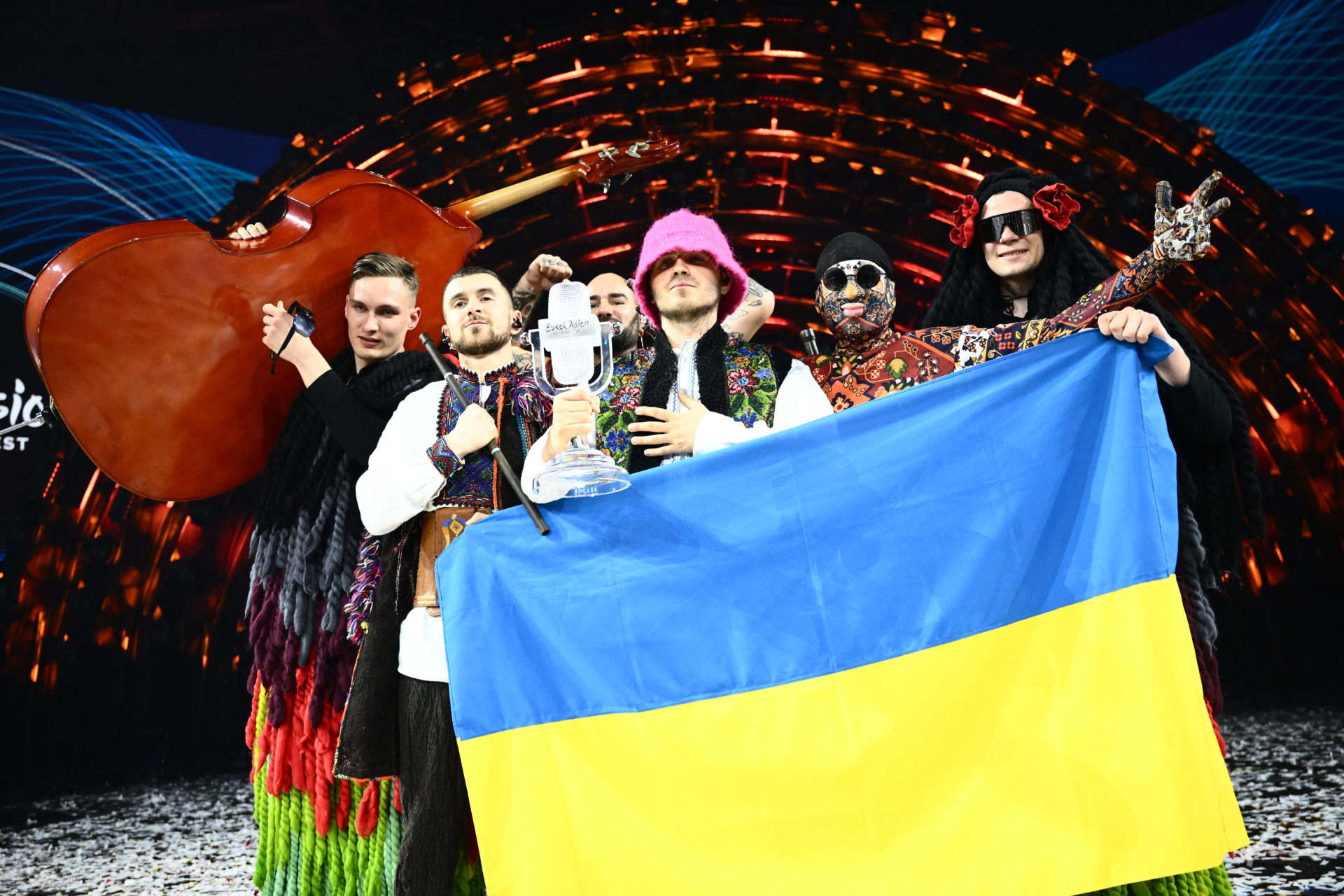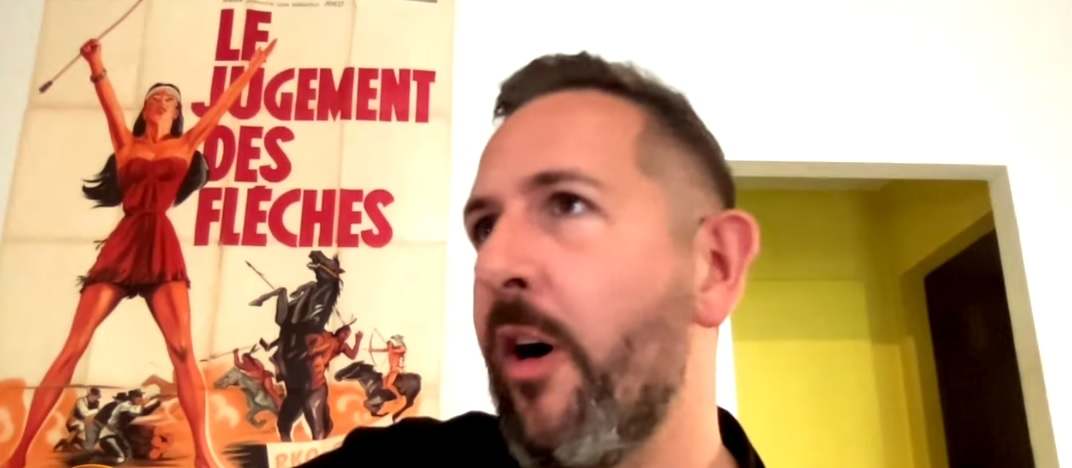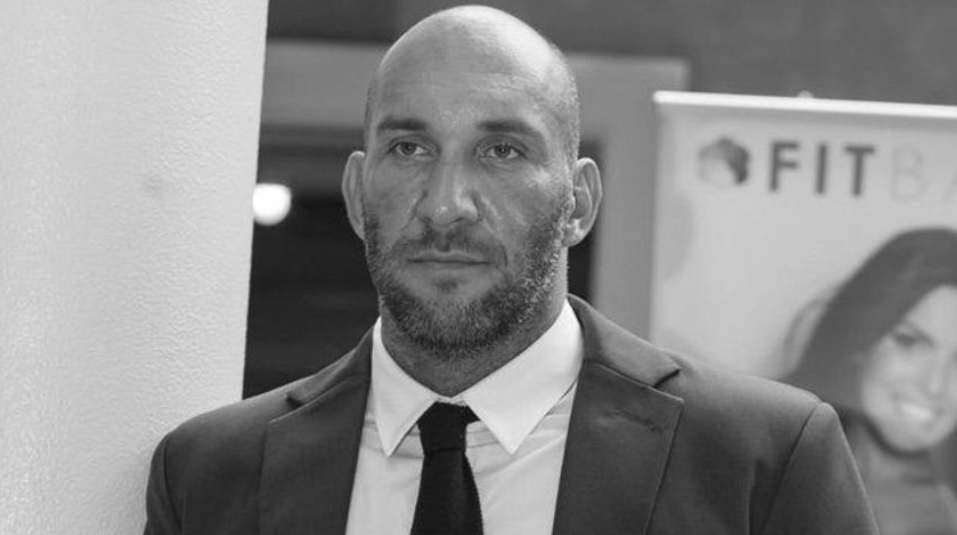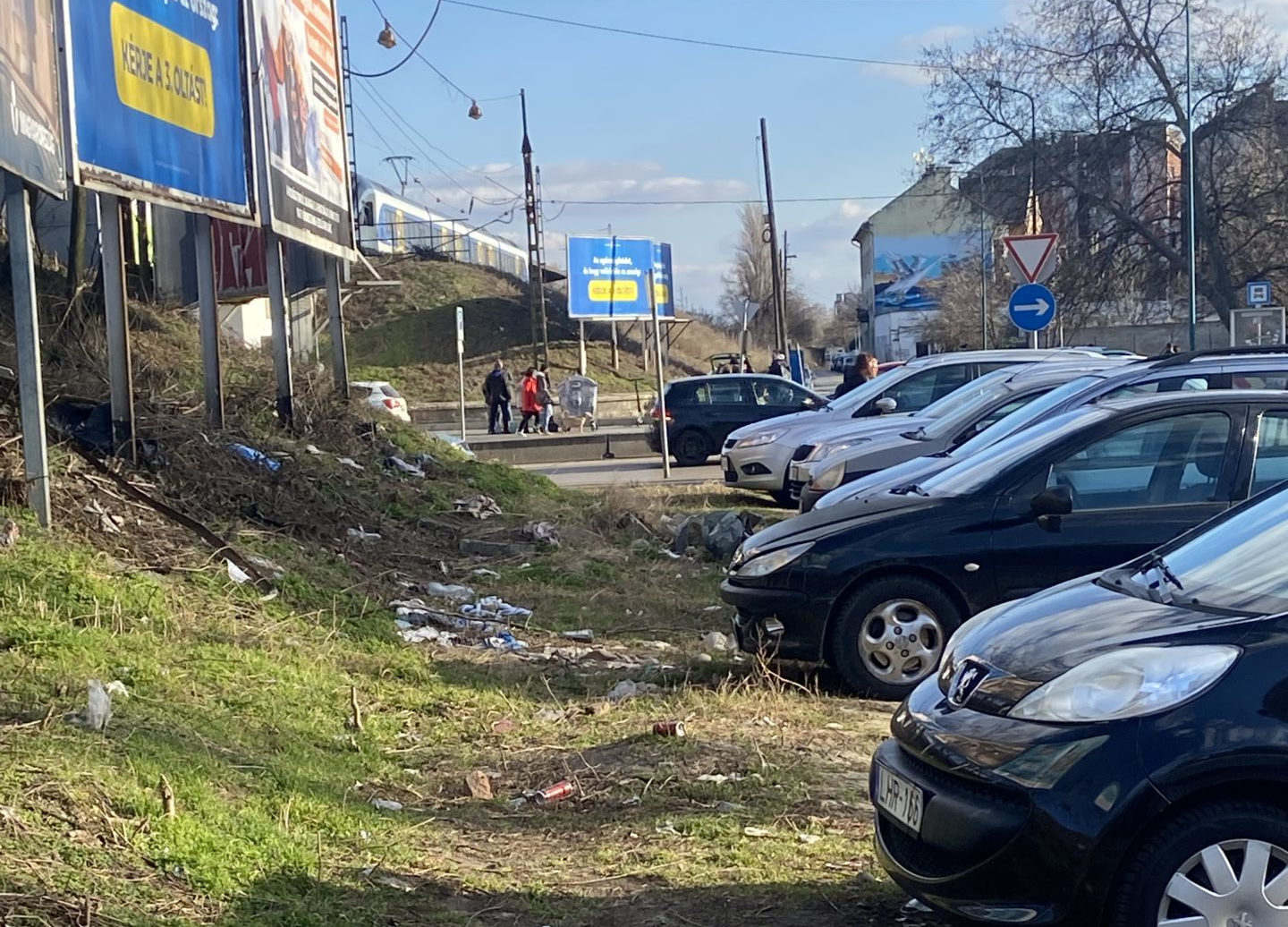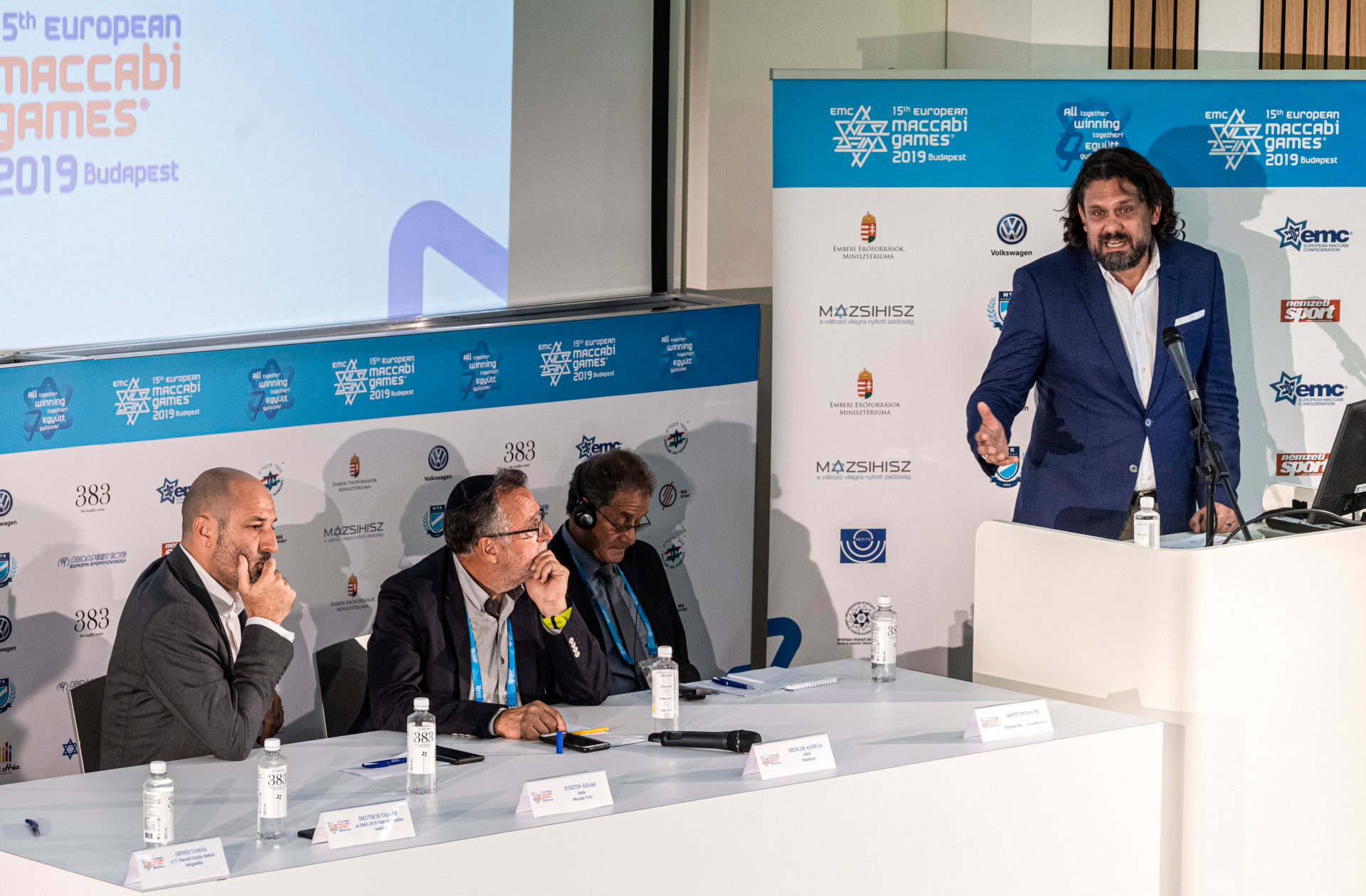Why the legacy of Helmut Kohl matters
2019.03.30. 09:08
It was two years ago that Helmut Kohl, former chancellor of Germany sadly passed away. The EU payed an unprecedented tribute to Kohl – unprecedented, yet not unearned, considering that Kohl was probably one of the most outstanding figures in 20th century German politics.
After all, this man oversaw the unification of Germany: on 3 October 1990, the German Democratic Republic became part of the Federal Republic of Germany to form the reunited nation of Germany, with Berlin serving as its capital. Helmut Kohl got to see the end of a 45 year old separation that his home country had suffered.
However, Kohl was wise enough to realise that division took its toll not just on Germany, but on Europe as well. He believed in a Europe made up of alliances between strong and sovereign nations, and what is even more important, he believed that the key to effective cooperation was mutual respect.
Also, Helmut Kohl showed honest openness towards Central European states too for the reason that he understood that communist division plagued these states just as much as it plagued Germany.

More importantly though, he believed in a Europe that proudly accepted its Christian heritage, its traditions and its values.
If one has no compass, when one doesn't know where one stands and where one wants to go, one can deduce that one has no leadership or interest in shaping events.”
From the above quote, it is quite understandable why he was a continuous critic of the leadership of Angela Merkel. Kohl believed that doing away with cultural factors in order to make way for purely economic European politics is more than dangerous.
In the foreword for the Hungarian translation of his 2014 book ‘Out of concern for Europe: An appeal’, Chancellor Kohl stated the following regarding the migrant crisis:
The solution lies in the affected regions. Not in Europe. Europe cannot be the new home for millions of people in need”.
Kohl also understood that Islam poses a serious threat. Many immigrants come from „different cultural backgrounds”, and as such,
they follow faiths other than Judeo-Christianity, which is one of the foundations of our values and social order.”
It is no wonder that Kohl supported Orbán’s line on migration, not Merkel’s. When Orbán met the former Chancellor in 2016 at Kohl’s home, the two European figures released a joint statement after the 80-minute session calling for Europe to help improve the lives of “millions of people”, but to take action “beyond Europe”, not to welcome migrants to the continent.
Helmut Kohl understood two things at the same time: that division must be eliminated, but not at the expense of giving up our history.
These are the lessons that have been forgotten by the current leaders in Brussels. For them, the Christian heritage means nothing – as exemplified by the lack of any reference to God in the preamble of the EU Constitution -, and they will hold on to migrant quotas even if it deepens the division between pro- and anti-immigration Europeans to unprecedented levels.
Orbán’s offer really doesn’t differ that much from that of Helmut Kohl: his vision is not to achieve an authoritarian superstate, but a union of strong member states, which can make their own choices regarding their way of life.
